Here is my soundtrack from the past 365 days, a very long, very weird year. All in all, there were 74 albums I went back to over and over in 2017. And here’s a Spotify playlist of the entire pile.
If you don’t have 54 hours to invest at the moment, here’s a sampler of the best—or in the case of Brian Eno’s generative Reflection, only—songs from each album. (Except for Eluvium’s Shuffle Drones, a DIY take on generative music, wherein each of the album’s 32-second tracks are to be shuffled into countless permutations of the larger piece—a single blip from which wouldn’t do much alongside other music.)
$3.33, DRAFT

“It’s WAY more than just a walk in the park. Like walking in the park with eight legs attached and people aren’t looking.” (Tiny Mix Tapes)
Actress, AZD

“Ghettoville’s elliptical press release led everyone to assume Cunningham was retiring, so this time he’s gone for information overload.” (Resident Advisor)
Arca, Arca

“There’s a recurring lyric on the album, in Spanish, that’s ambiguous as to whether it’s asking someone to take my skin off, literally, physically, or whether I’m simply referring to shedding skin and growing.” (The Guardian)
William Basinski, A Shadow in Time
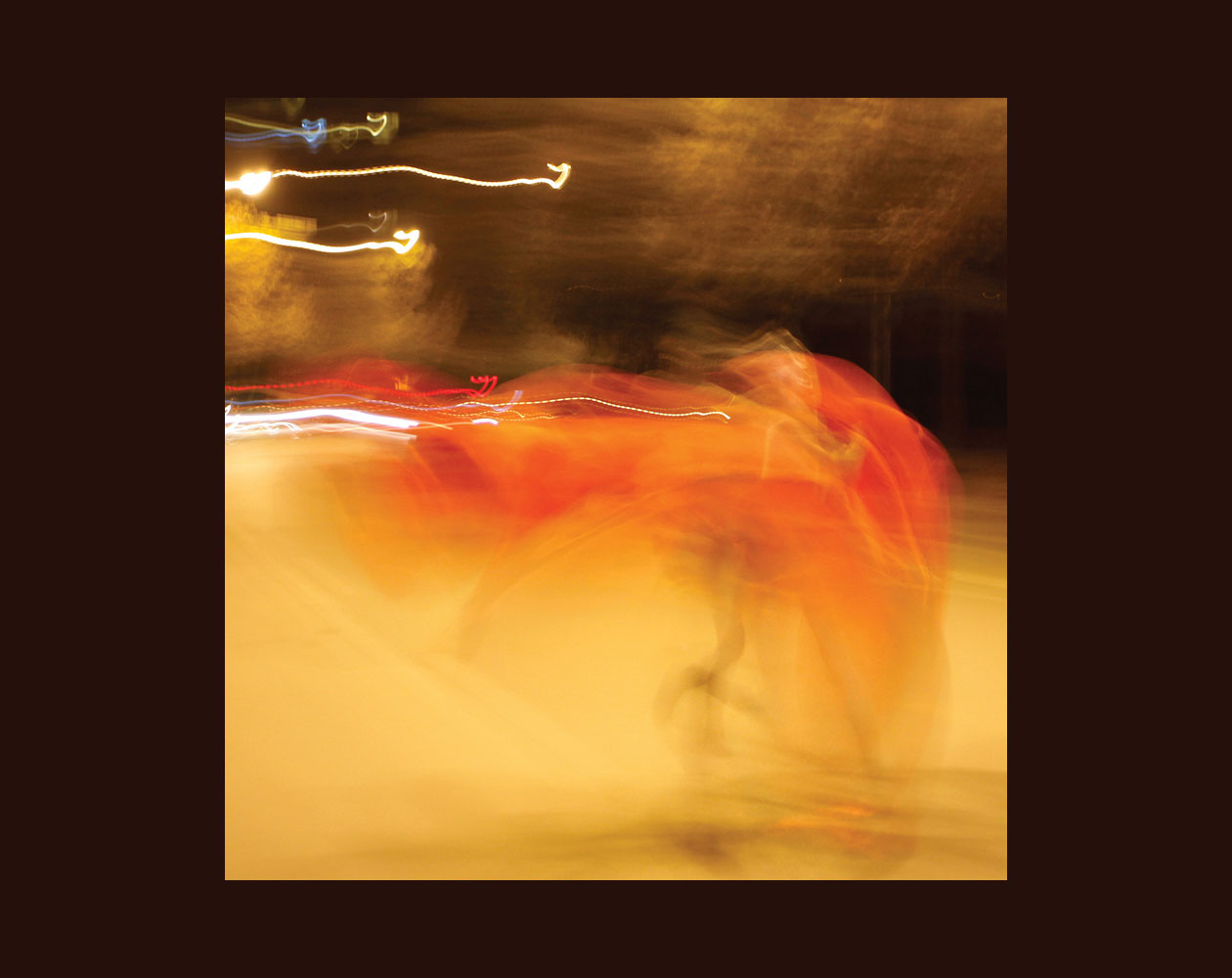
“That the saxophone is also running on repeat is harder to recognize than with the synth motif, making for a disorienting interplay—a combination of two loops that sounds more like the collision of disparate worlds, one coolly celestial while the other suggests that it’s quarreling its way into the afterlife.” (Slant)
Andrea Belfi, Ore
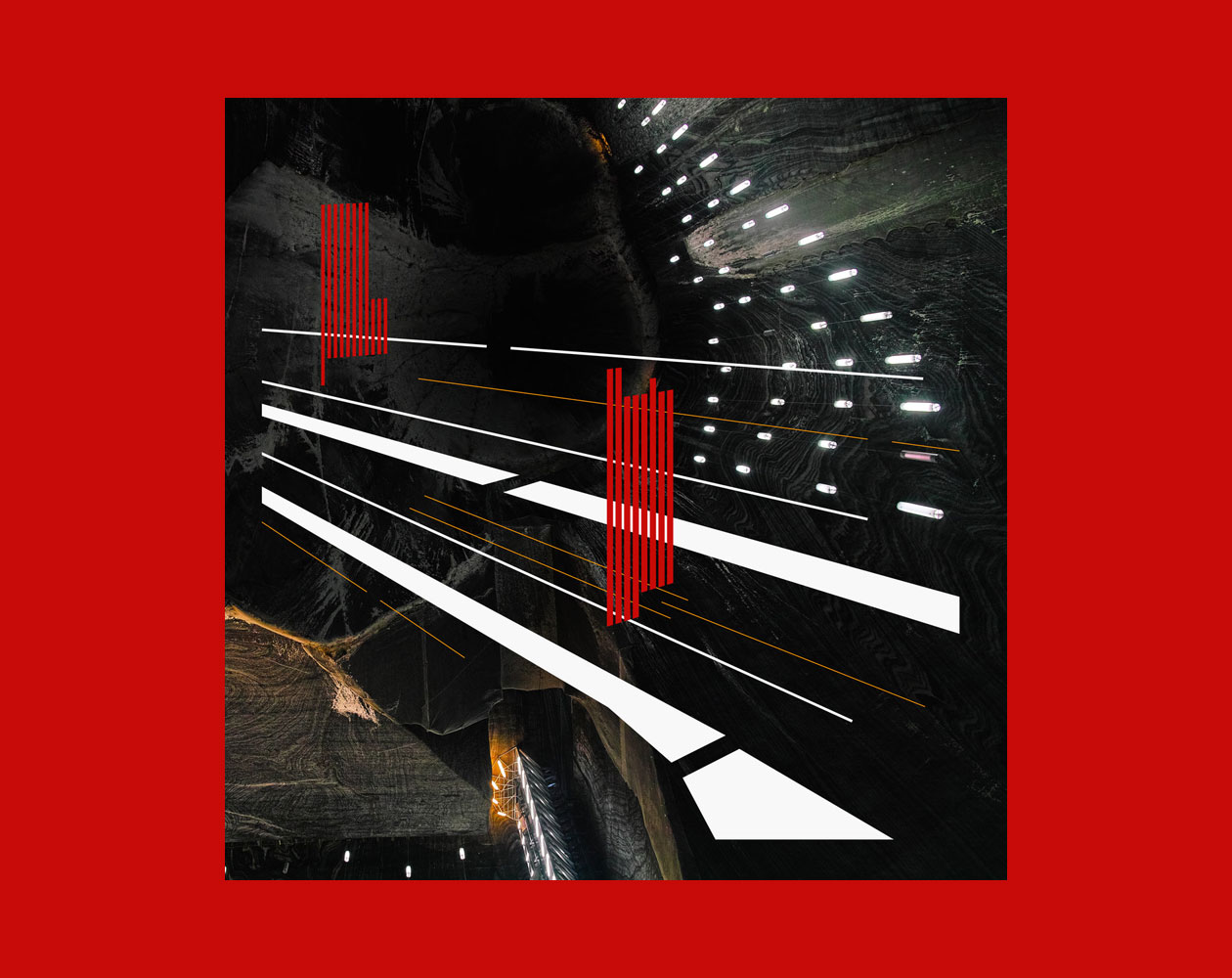
“The album was built around a raw basis of recordings (hence the title Ore) made of drums improv and electronic patterns. Upon them I layered the songs structures, themes and the textures, enhancing and refining the raw material—but only up to a point.” (The Wire)
Best Available Technology, Exposure Therapy

“Elsewhere, the cacophony of the city is swept to the foreground, heavy broken beats pulsing and fading, as if hearing a favorite old record being played from a faraway place.” (Ransom Note)
Bethlehem Steel, Party Naked Forever

“Standing as the most incendiary moment on a record full of them, the unfortunately universal tale of the abuse of male power and the venomous morality engendered in the sexual politics of American males is stomach-churning in its honesty.” (Post-Trash)
Bibio, Phantom Brickworks

“Whilst they were recorded with an underlying warmth, Phantom Brickworks has a slightly darker, spectral undertone; almost like that of a ruralized Burial record.” (The Line of Best Fit)
Bing & Ruth, No Home of the Mind

“One of Moore’s composition signatures is to turn the piano into a drone instrument. Using rapid clusters of repeating notes, Moore creates piano figures that hang in space like clouds of slowly shifting sound.” (Pitchfork)
Blanck Mass, World Eater

“There are no lyrics, but the mood being projected is unmistakable: In the UK, as well as the rest of the world, alarming changes are underway, and much of World Eater seems to embody the struggle between the noblest and the most nihilistic elements of human nature.” (NPR)
The Body & Full of Hell, Ascending a Mountain of Heavy Light
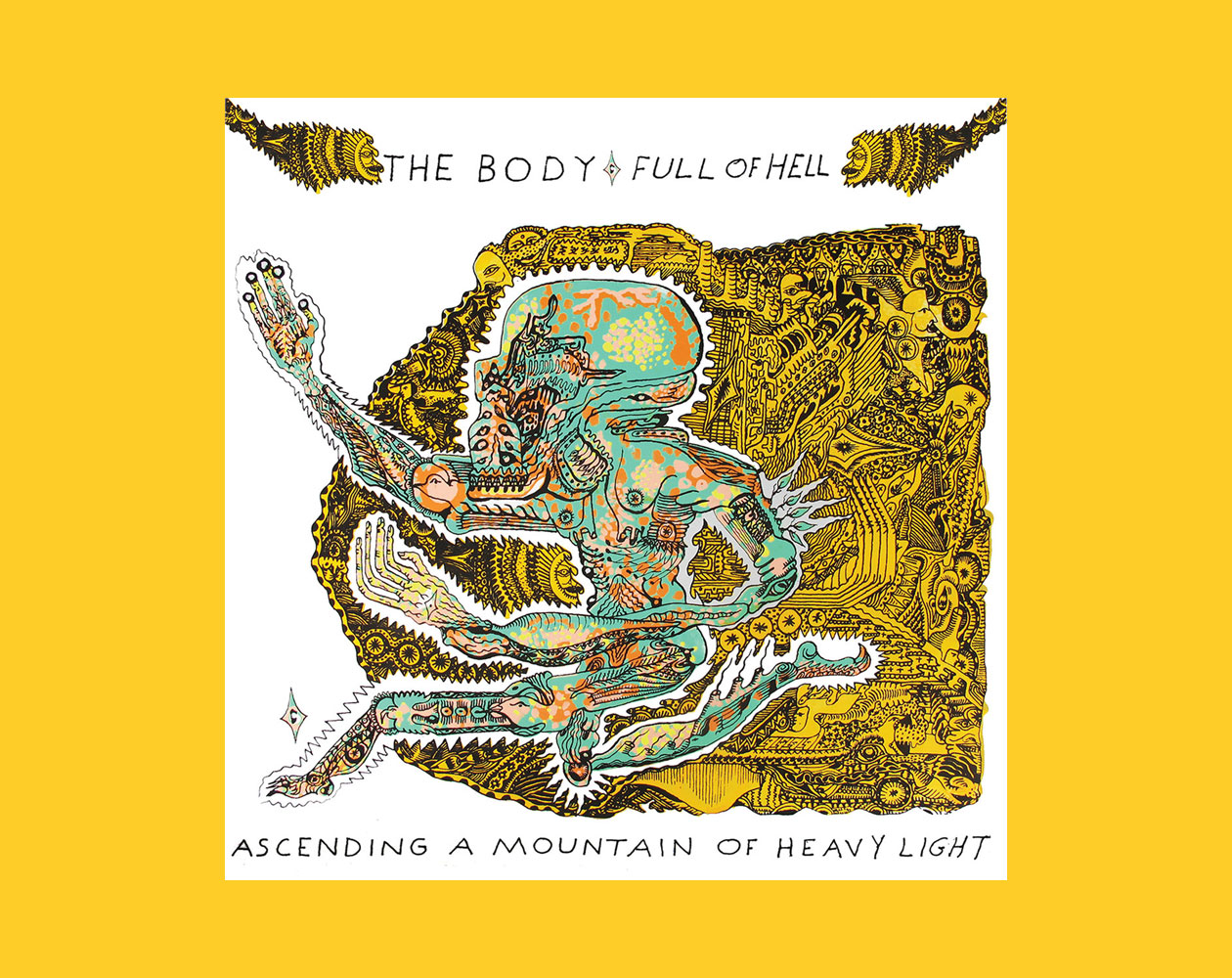
“Harsh noise outbursts, stroboscopic electronic editing, drum & bass beats: The Body and Full of Hell lace them throughout Heavy Light, unexpected oases in a disorienting musical minefield.” (Pitchfork)
Daniel Brandt, Eternal Something

“The constant cello bowing on ‘Kale Me’ becomes a quiet drone element beneath the pattering of stacked piano and guitar. On ‘Turn Over,’ the hang seems to spiral around like a ticking clock falling through space, but the effect is propped up by ambiguous chirps and blips. It’s rare to hear an instrument run its full range, which muddies any attempts at parsing them out.” (Pitchfork)
Cende, #1 Hit Single

“Cende’s debut album is filled with sunny but conflicted power-pop songs, ones that contrast the knotty emotional terrain of their lyrics with a more lighthearted disposition.” (Stereogum)
Cloud Nothings, Life Without Sound
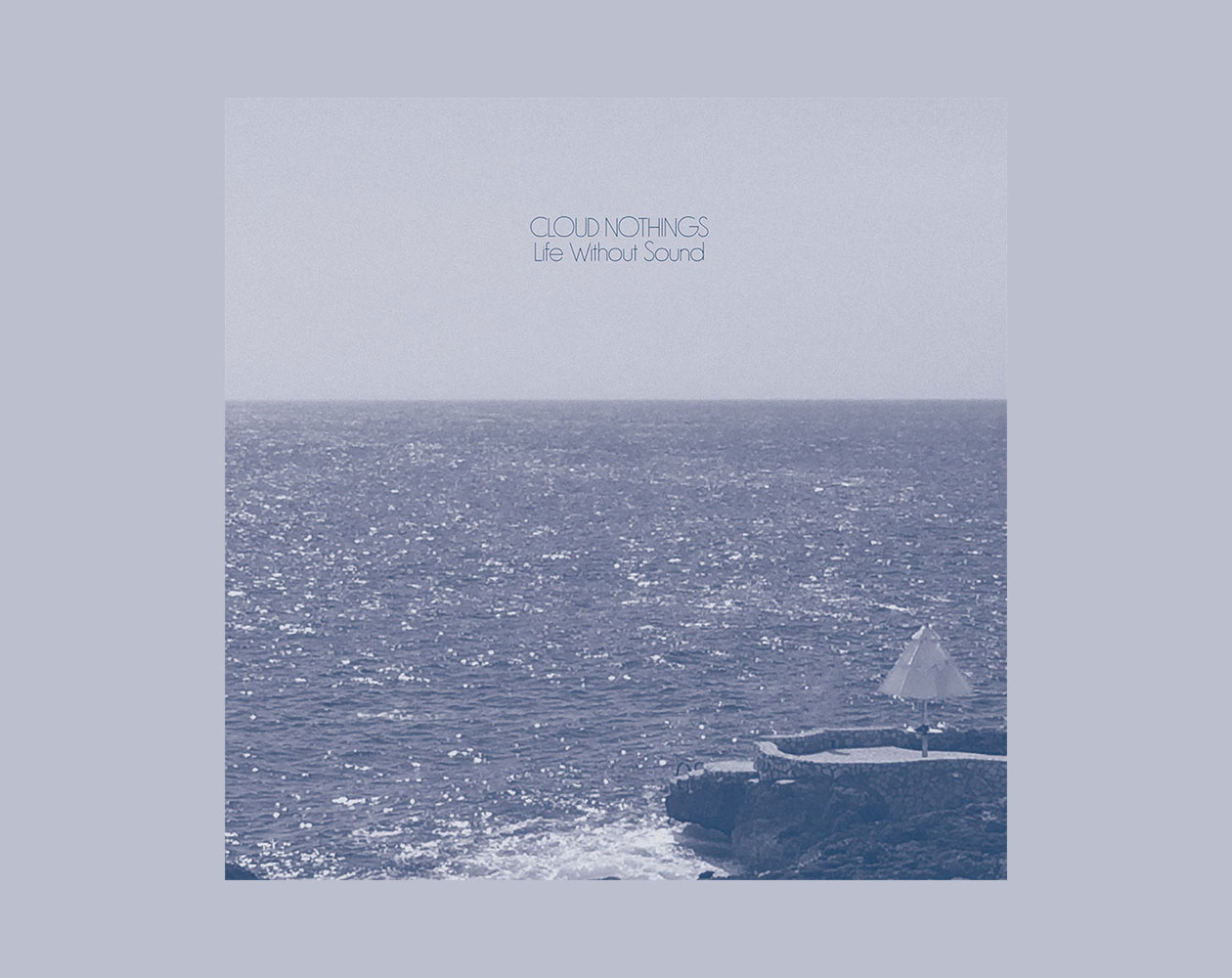
“The band seems to be hitting their stride ever more intently (each record could perhaps be assessed as the band ‘hitting their stride,’ which speaks to the group’s impressive consistency).” (Consequence of Sound)
Colleen, A flame my love, a frequency
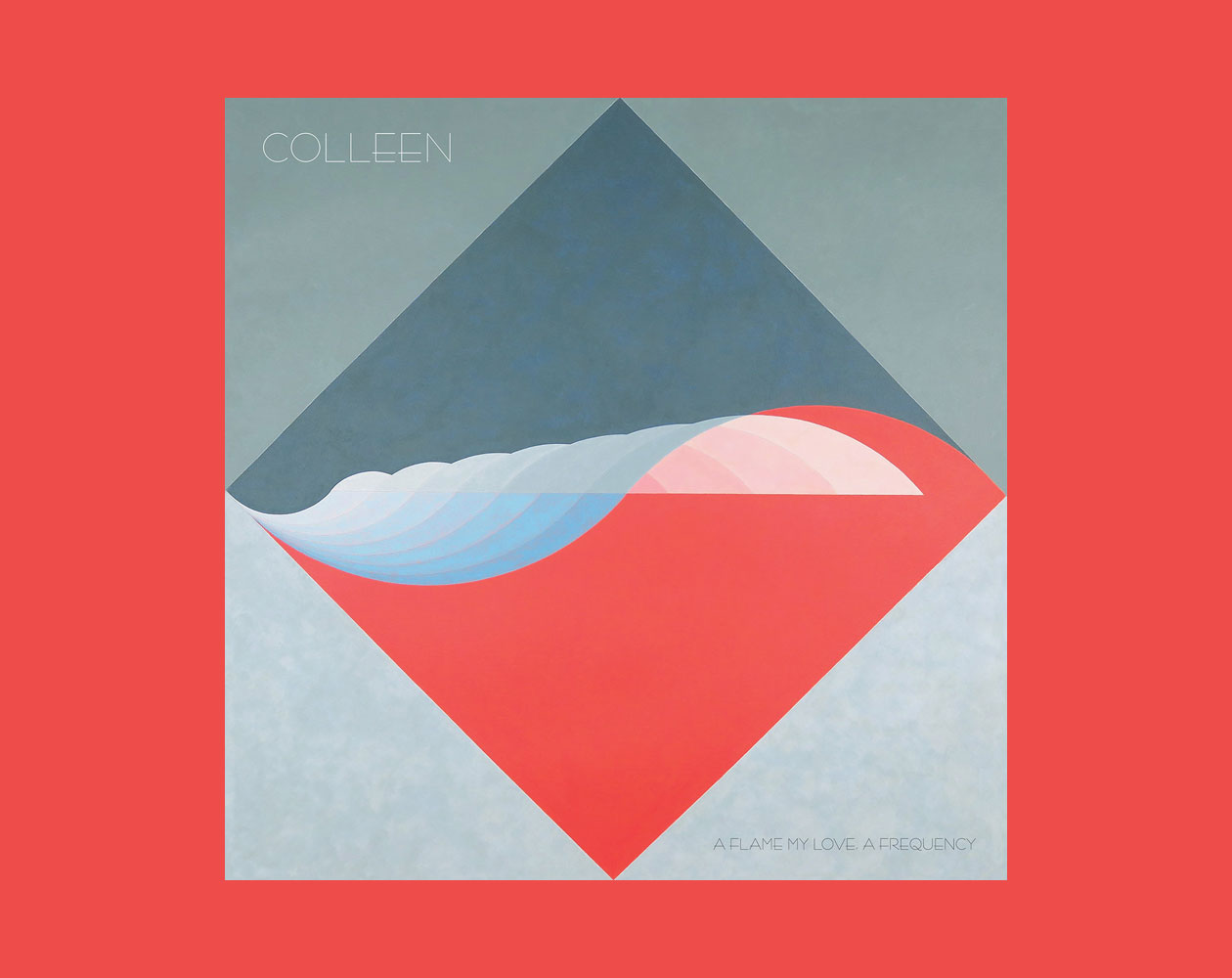
“Often, the music and the lyrics seem like distinct elements—spiritual, rhythmic, minimal—interacting by chance and circumstance. It is only when the arrangements fully unfurl that the thoughtfulness of the compositions comes into view, a counterbalance between the sad seeds of the album’s themes and the underlying hopefulness of the artist’s perspective.” (NPR)
Carl Craig, Versus
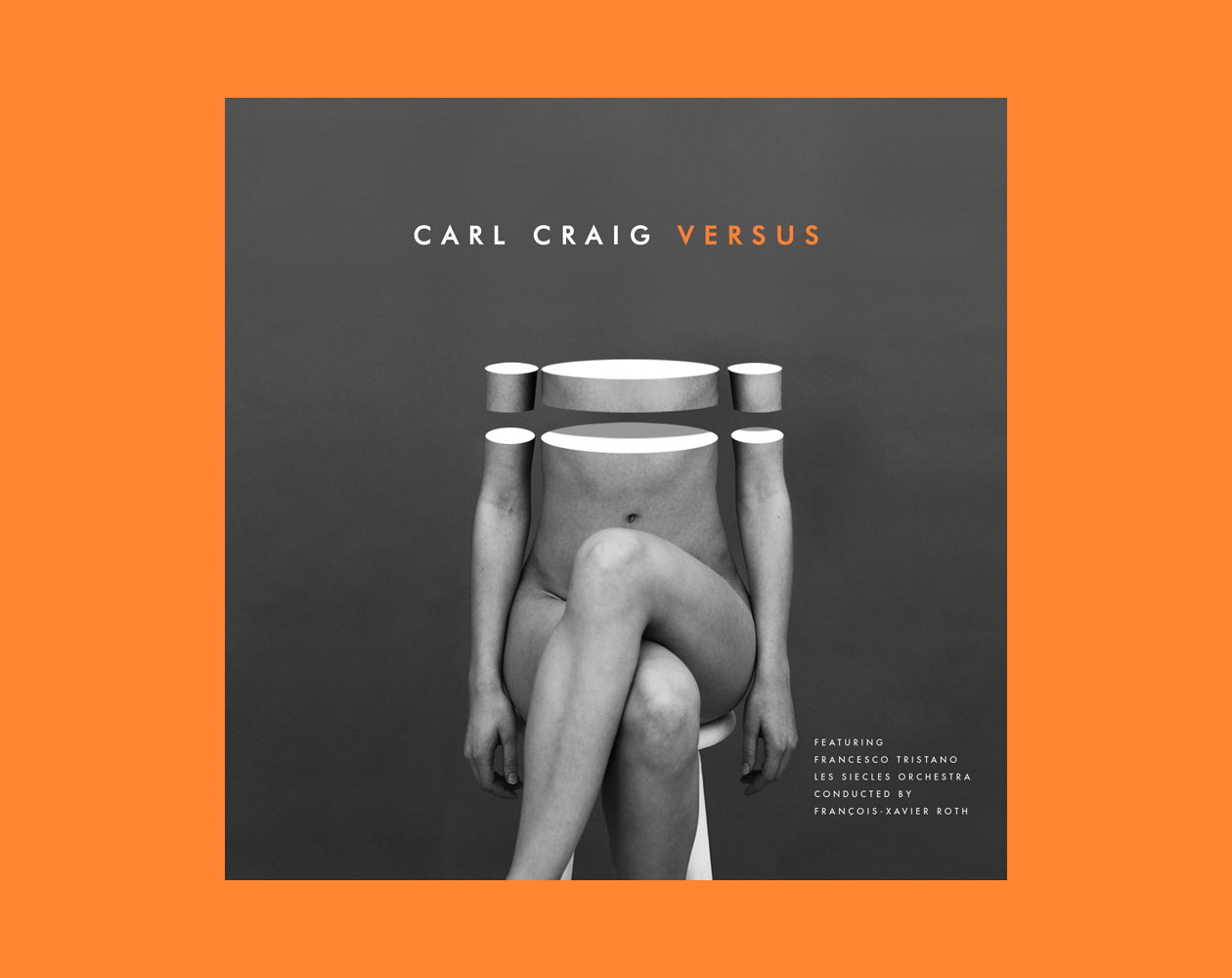
“I don’t like to call it classical, I prefer to call it orchestral, and no—I mean it’s been done in the past—the guy who does a lot of the Family Guy music got famous in the ’70s for doing a disco version of Beethoven’s 5th, so I think doing it that way, I’m not totally crazy about reimagining as a piece in itself.” (Ransom Note)
Dallas Acid, Spa Hunter

“Any lyrics you may hear are not so much sung as they are chanted in barely audible whispers; don’t be alarmed when you find yourself singing along to the bops and beeps of the Moogs.” (Grimy Goods) Disclosure: I’m close friends with the musicians in Dallas Acid.
Suno Deko, Suno Deko
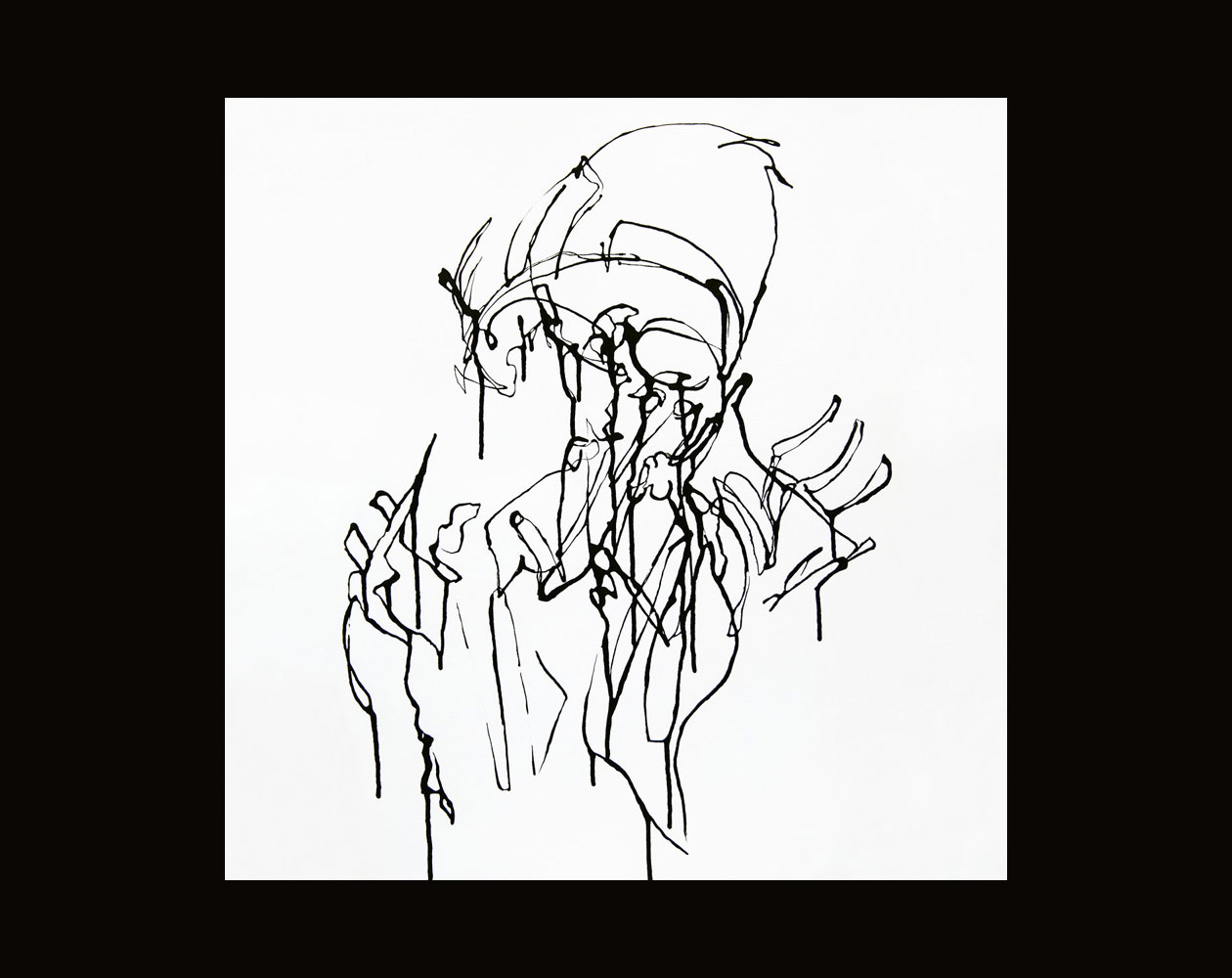
“It’s a swan song to that societal view that love is something that you find and then the rest of your life just falls into place, rather than the reality that love is an ever-evolving conversation between two committed people, which sometimes becomes extremely difficult.” (Nylon)
Eluvium, Shuffle Drones
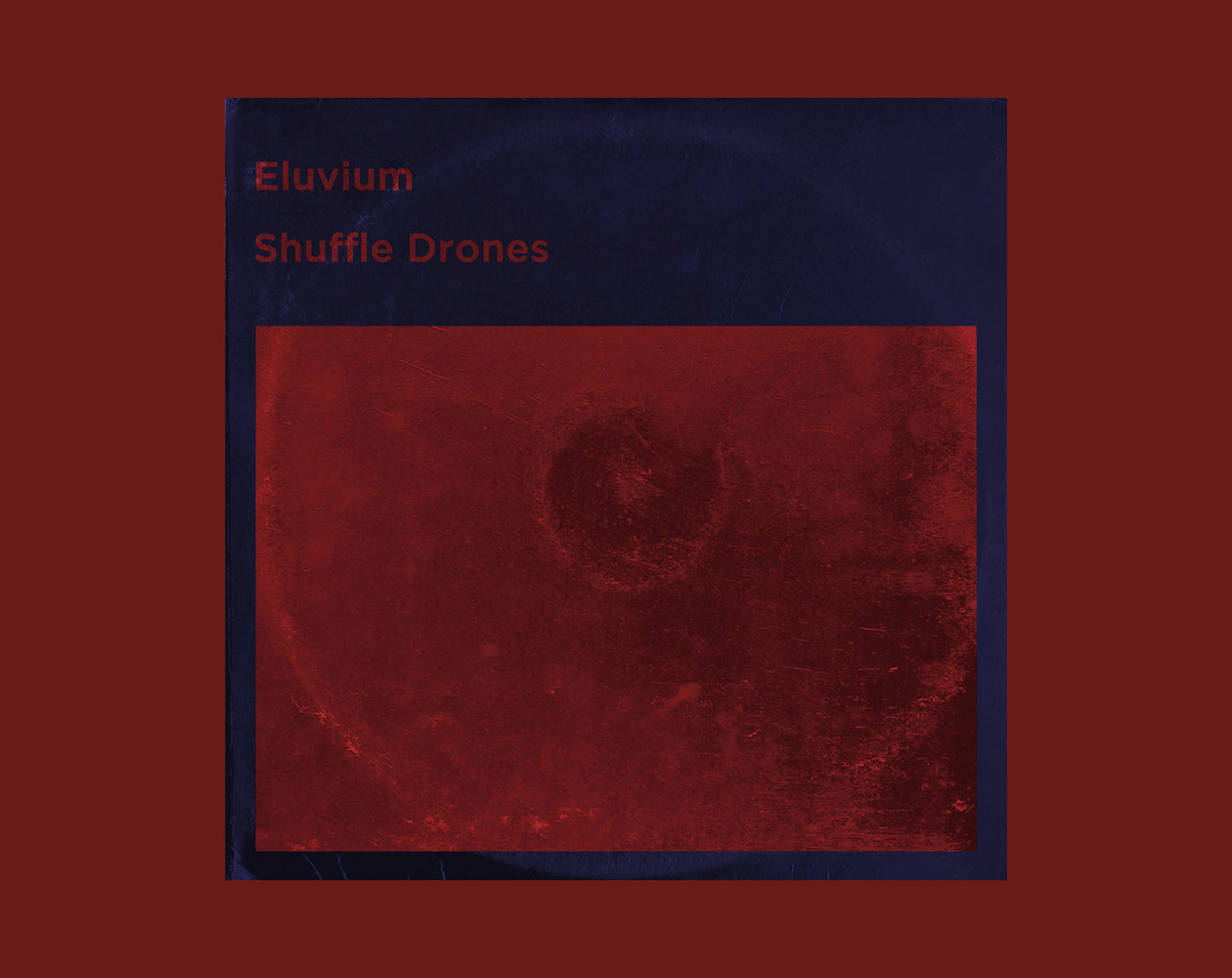
“It’s just as magical when you put it into practice as the slow and beautiful swells wash over you again and again.” (A Strangely Isolated Place)
Brian Eno, Reflection
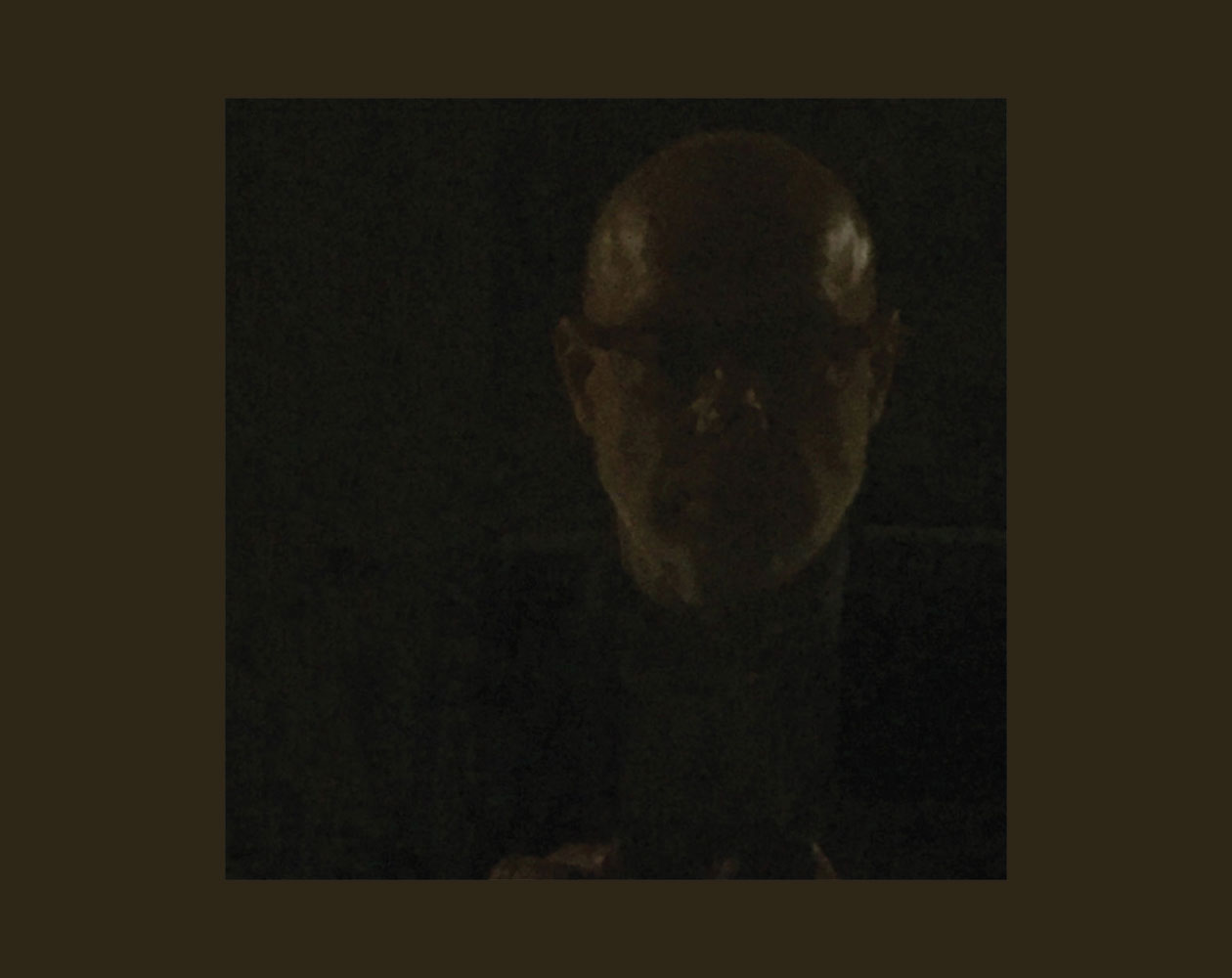
“Each note acts like a pebble dropped into a pond, sending out ever widening ripples that slowly decay, but not before certain tones linger and swell until they more closely resemble drones. Listen closer and certain small frequencies emerge and flutter higher like down feathers in a draft.” (Pitchfork)
Faith Healer, Try 

“Try ![]() has quite a few what-the-heck-am-I-listening-to moments, but of the good variety. Faith Healer’s evolution has them melding genres into something quite odd, and that gets top marks in our book.” (Ride the Tempo)
has quite a few what-the-heck-am-I-listening-to moments, but of the good variety. Faith Healer’s evolution has them melding genres into something quite odd, and that gets top marks in our book.” (Ride the Tempo)
Fever Ray, Plunge

“Rarely has an album been so suited to surprise release: it’s like being pulled from your cosy bed and thrown into thrillingly cold, sparkling water, coming up gasping.” (FACT)
Four Tet, New Energy

“As crystalline as each segment is, the equanimity of its whole is overwhelmingly beautiful, Hebden’s wholehearted tribute to his child one of my favorite moments in music this year.” (The 405)
Greg Fox, The Gradual Progression
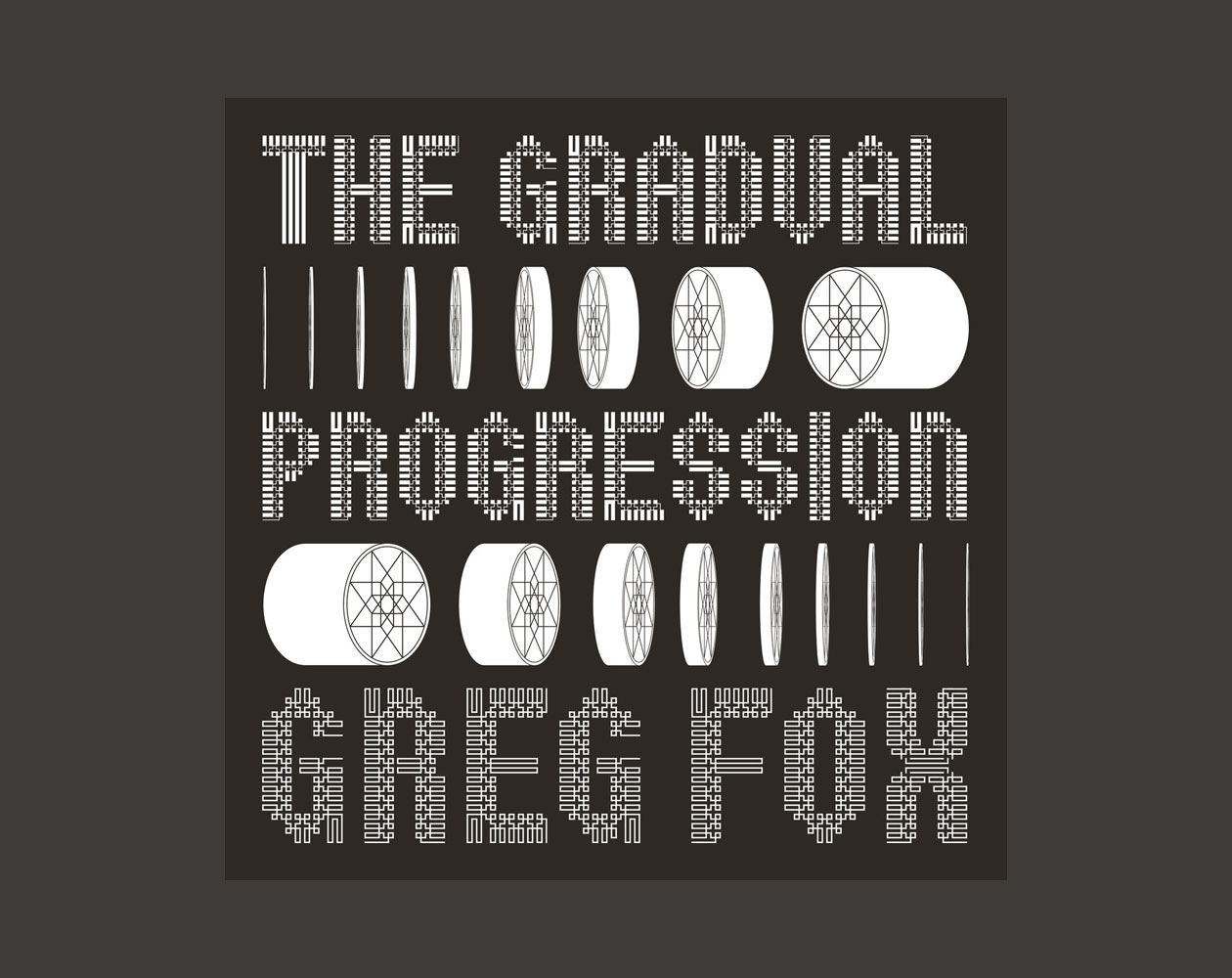
“After listening closely to the album on headphones, I finally played it on a stereo one sunny morning. Unconfined, the music bloomed and, moment by moment, my house vibrated. It felt delightful and it felt new.” (Pitchfork)
Tanya Gabrielian, Remix: Bach Transcriptions

“A familiar journey through Bach’s music now becomes one of plot twists and cliffhangers, accomplished equally in part by the transcribing composers’ different styles of musical arrangement and by Gabrielian’s pianism.” (WCRB)
GAS, Narkopop
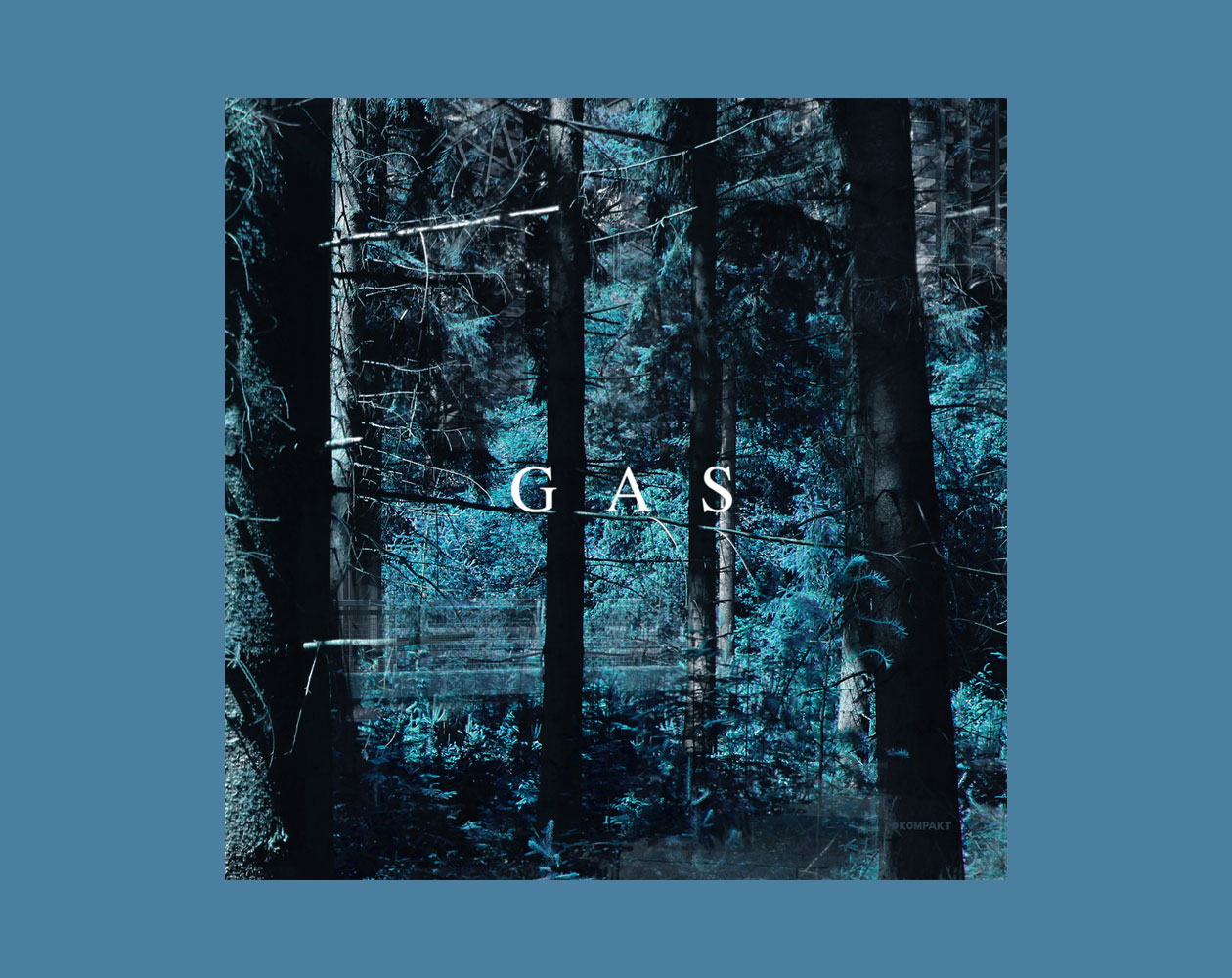
“This is music that takes inspiration from childhood memories, bygone eras and the natural world. The results can feel like another dimension, but the album is also intensely personal.” (Resident Advisor)
Girlpool, Powerplant

“It’s a wry moment, perhaps even a self-conscious one for a band who began as teenagers, where the song’s protagonist feels trapped between a current and future self.” (Consequence of Sound)
Godspeed You! Black Emperor, Luciferian Towers
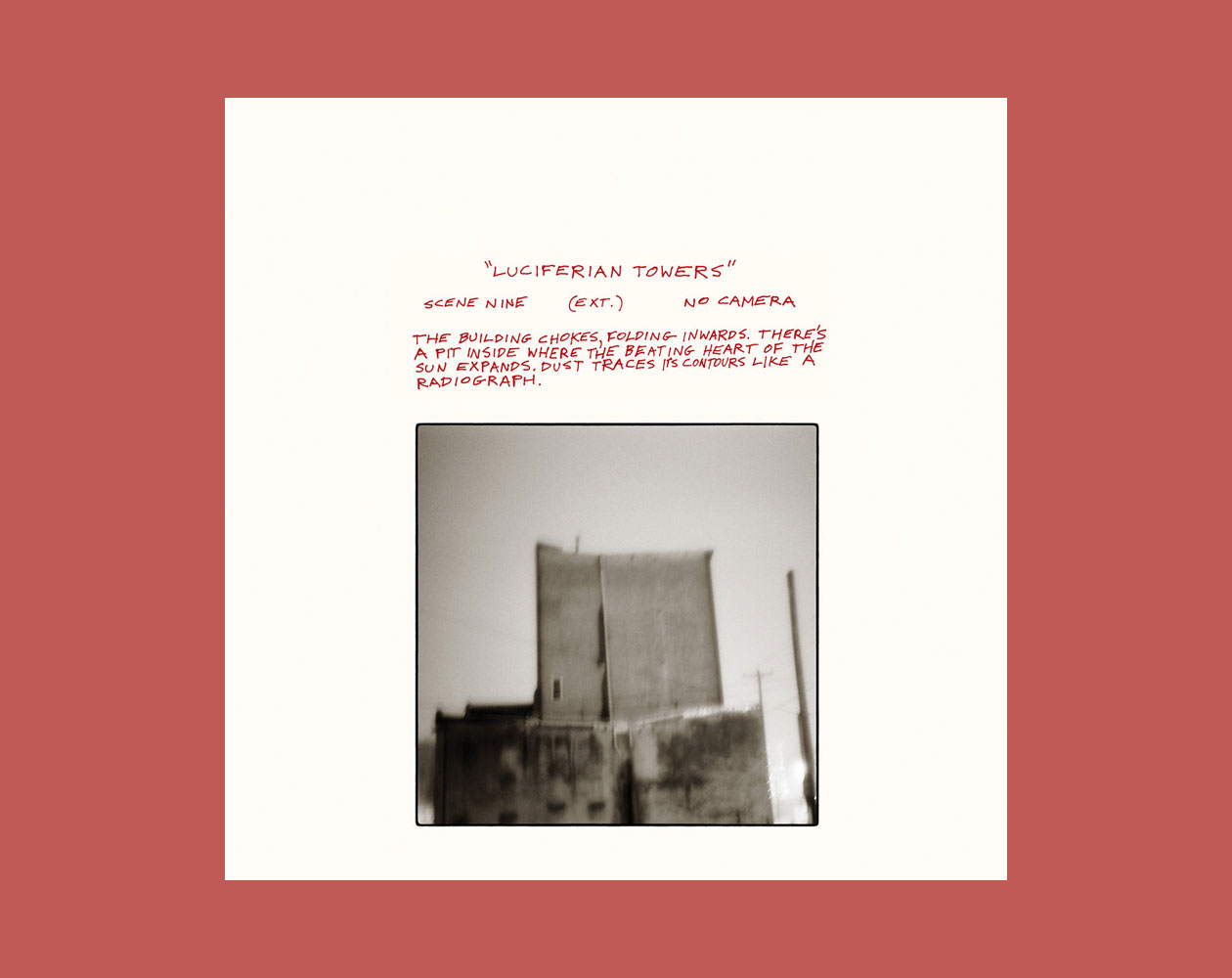
“That collision of precision and chaos becomes a theme throughout the record, with currents of the rumbling darkness punctured by the beauty of a single melody that, throughout its course, tends to increase in speed, volume, and octave. They begin to feel like revolutions, these moments, a single voice giving way to a multitude.” (Consequence of Sound)
Chilly Gonzales & Jarvis Cocker, Room 29
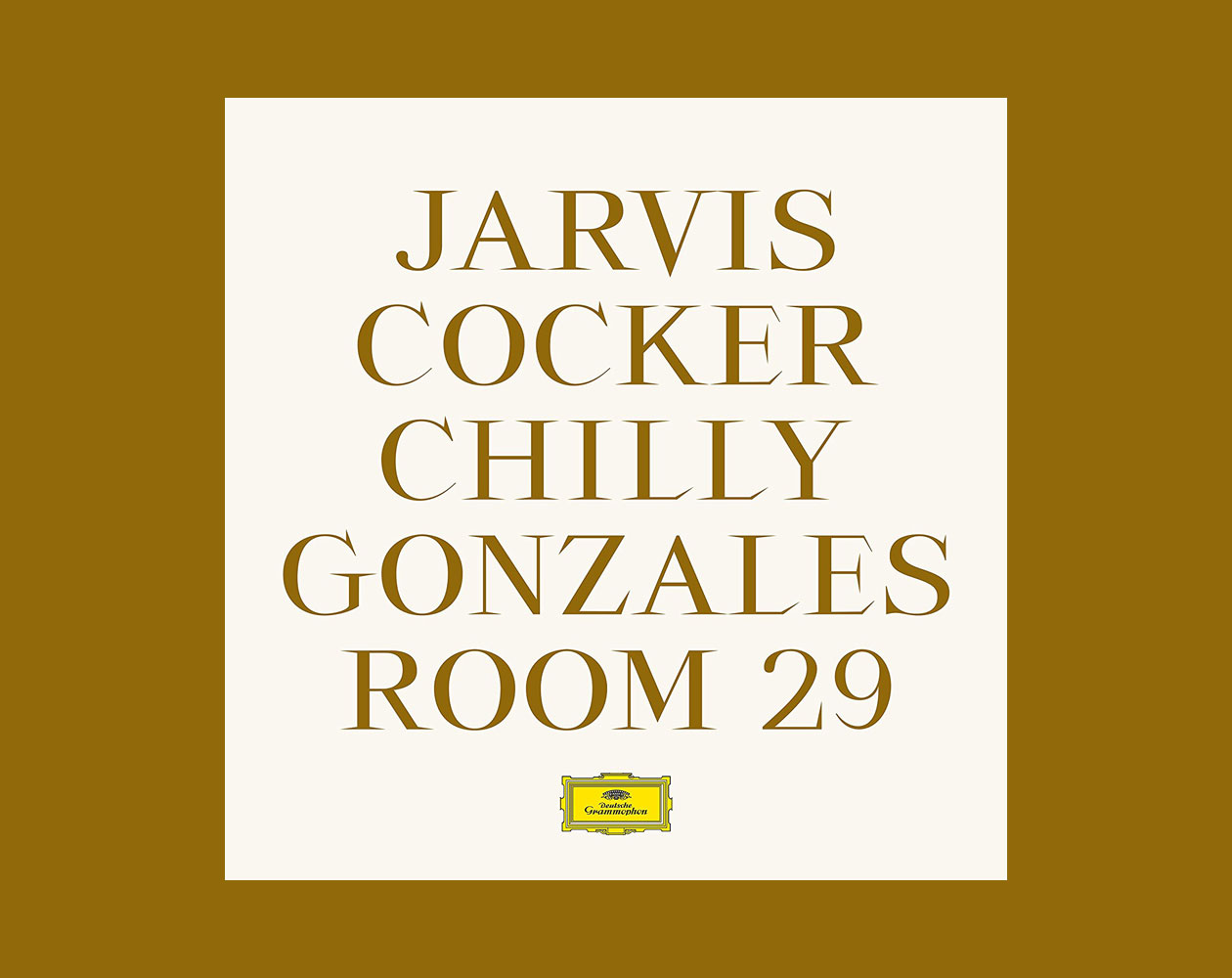
“Some of the real-life stories from the Chateau Marmont, the infamous Los Angeles hotel where this room 29 is located (with a grand piano, no less), are indeed quite sad.” (Pitchfork)
Hater, You Tried
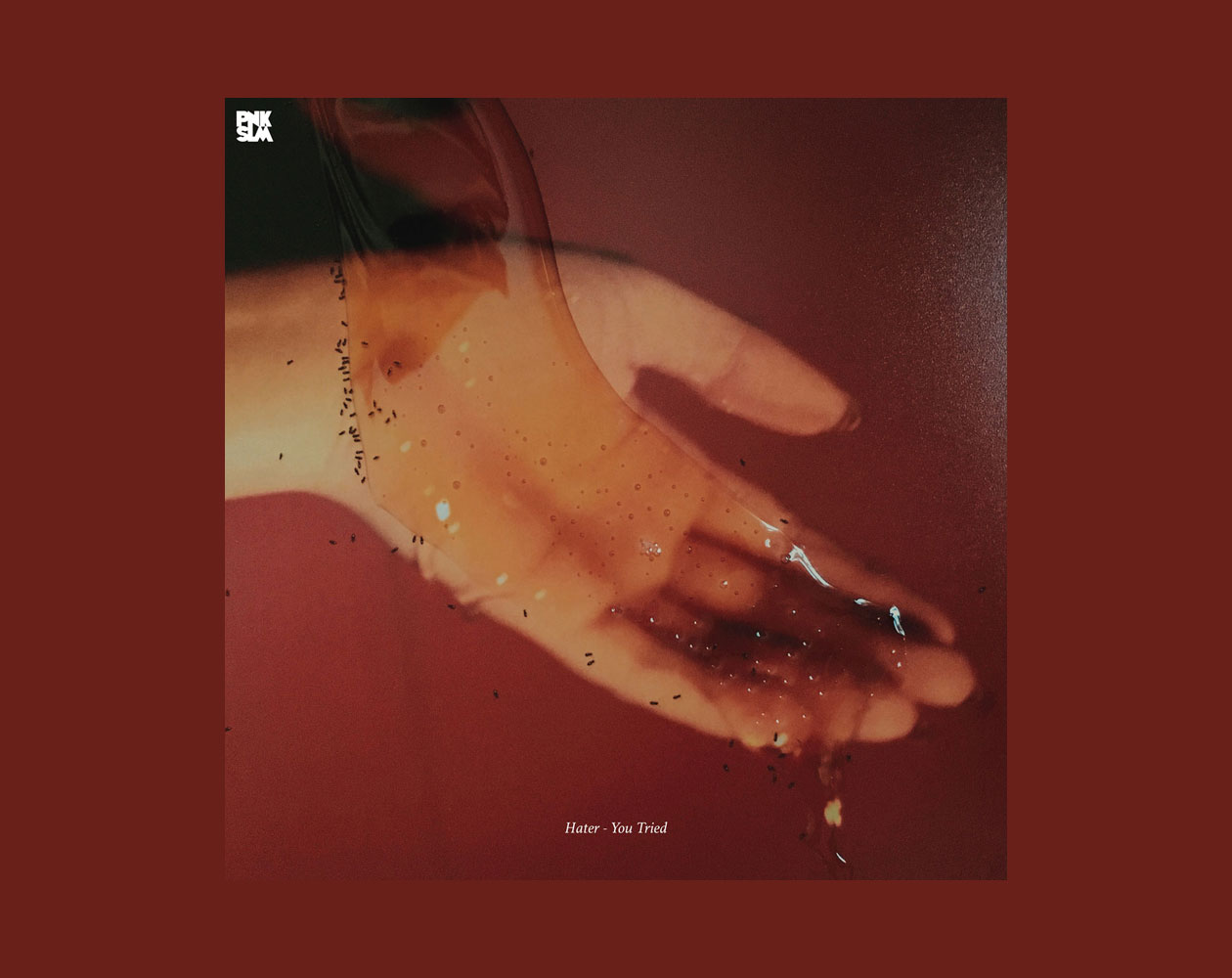
“Caroline Landahl’s commanding voice lends a sense of pain and power to Hater’s guitar jangle, and it all coalesces into something graceful yet gritty, exquisitely beautiful but hard-hitting and raw.” (Stereogum)
Hauschka, What If
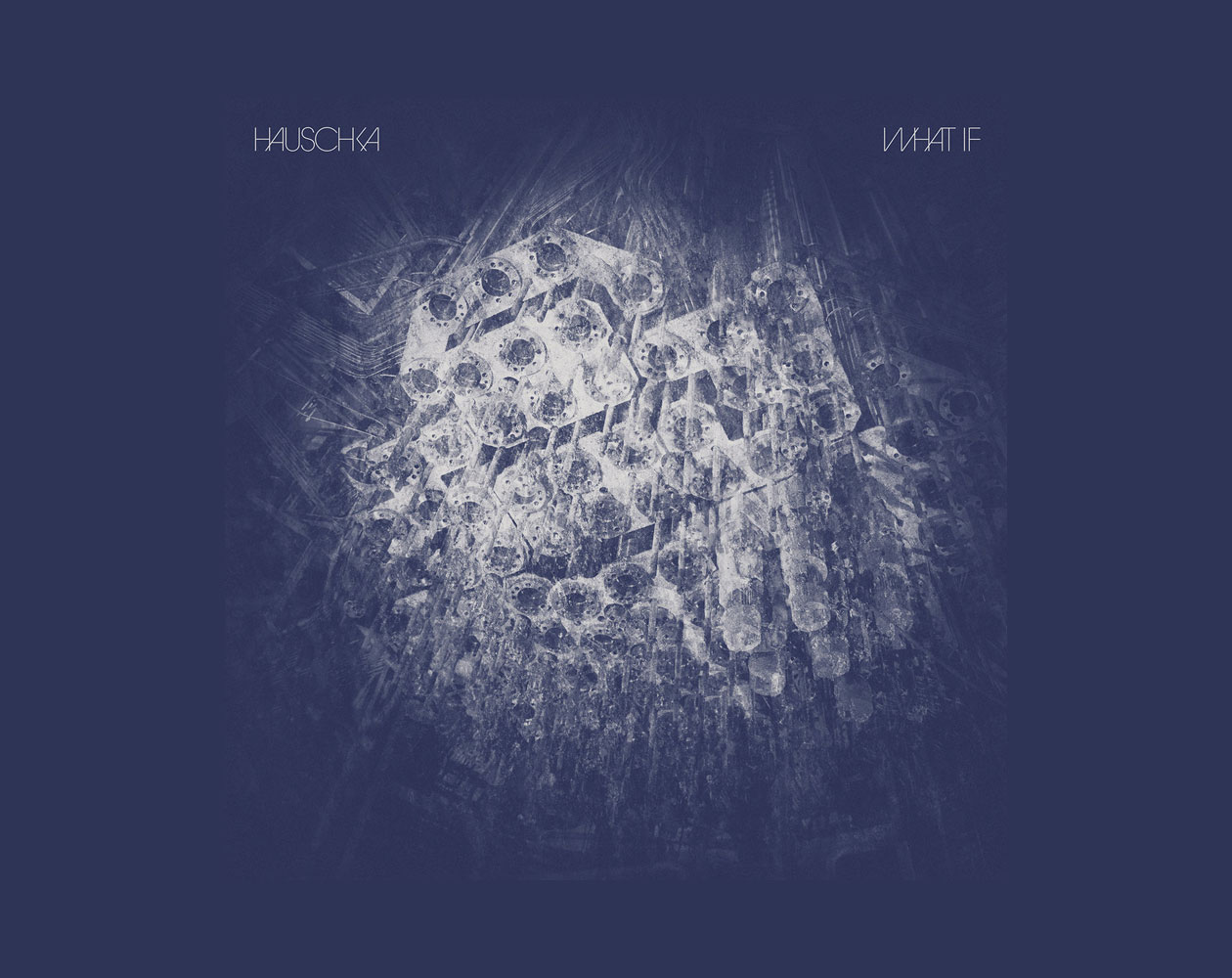
“With his compositions, Bertelmann seems eager to remind us that the piano is a percussion instrument after all, and What If is far more interested in rhythm than melody.” (PopMatters)
Hecq, Chansons de geste
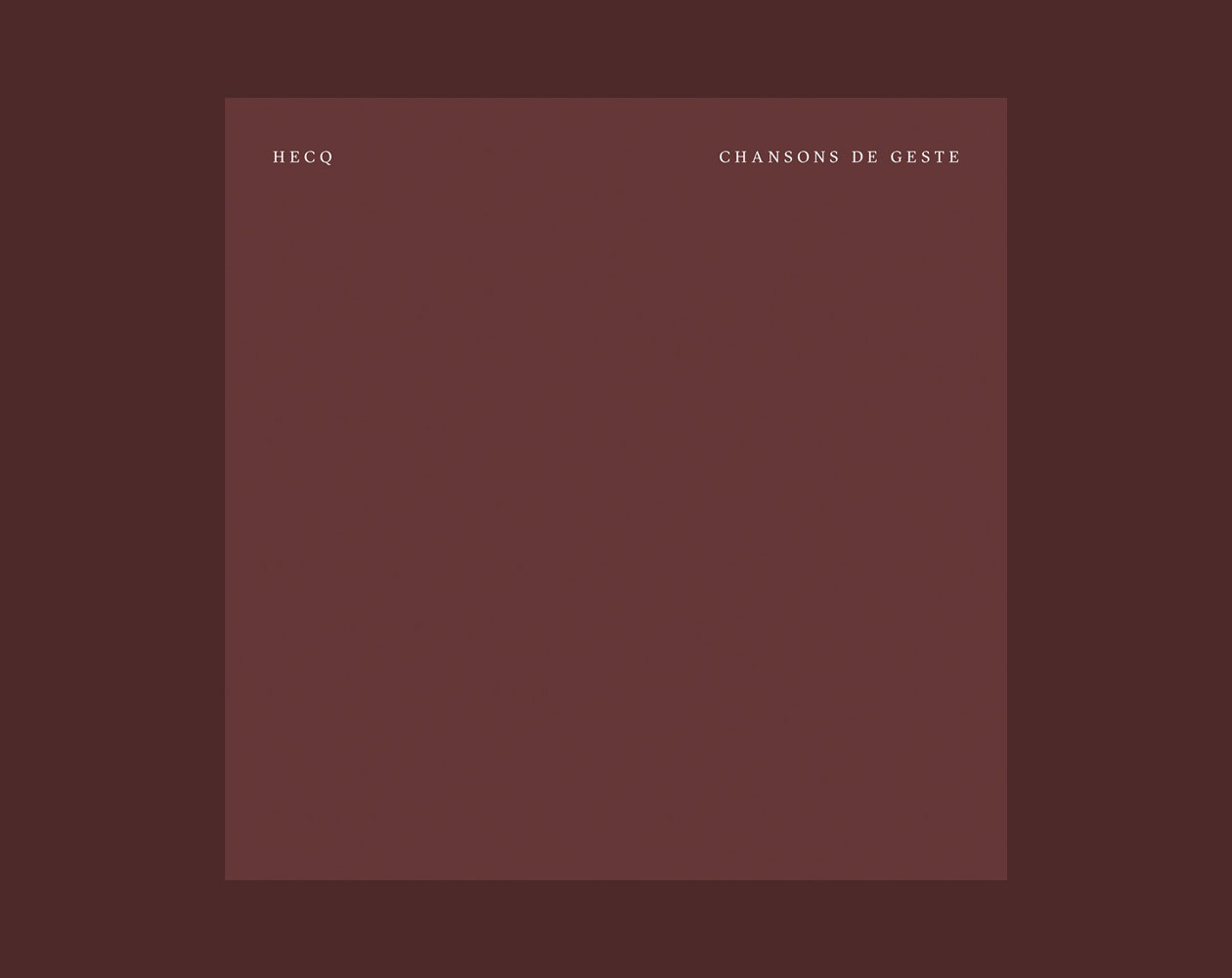
“Easily competing as best experimental ambient album of the year, here we have a puzzling and intoxicating sadness in the world of ambient turntablism and hauntology sounds.” (Igloo Magazine)
James Holden & The Animal Spirits, The Animal Spirits

“When ‘Thunder Moon Gathering,’ for instance, reaches a peak of discordant saxophone and deranged drumming, the band sounds not so much wired as downright possessed.” (Resident Advisor)
Nabihah Iqbal, Weighing of the Heart
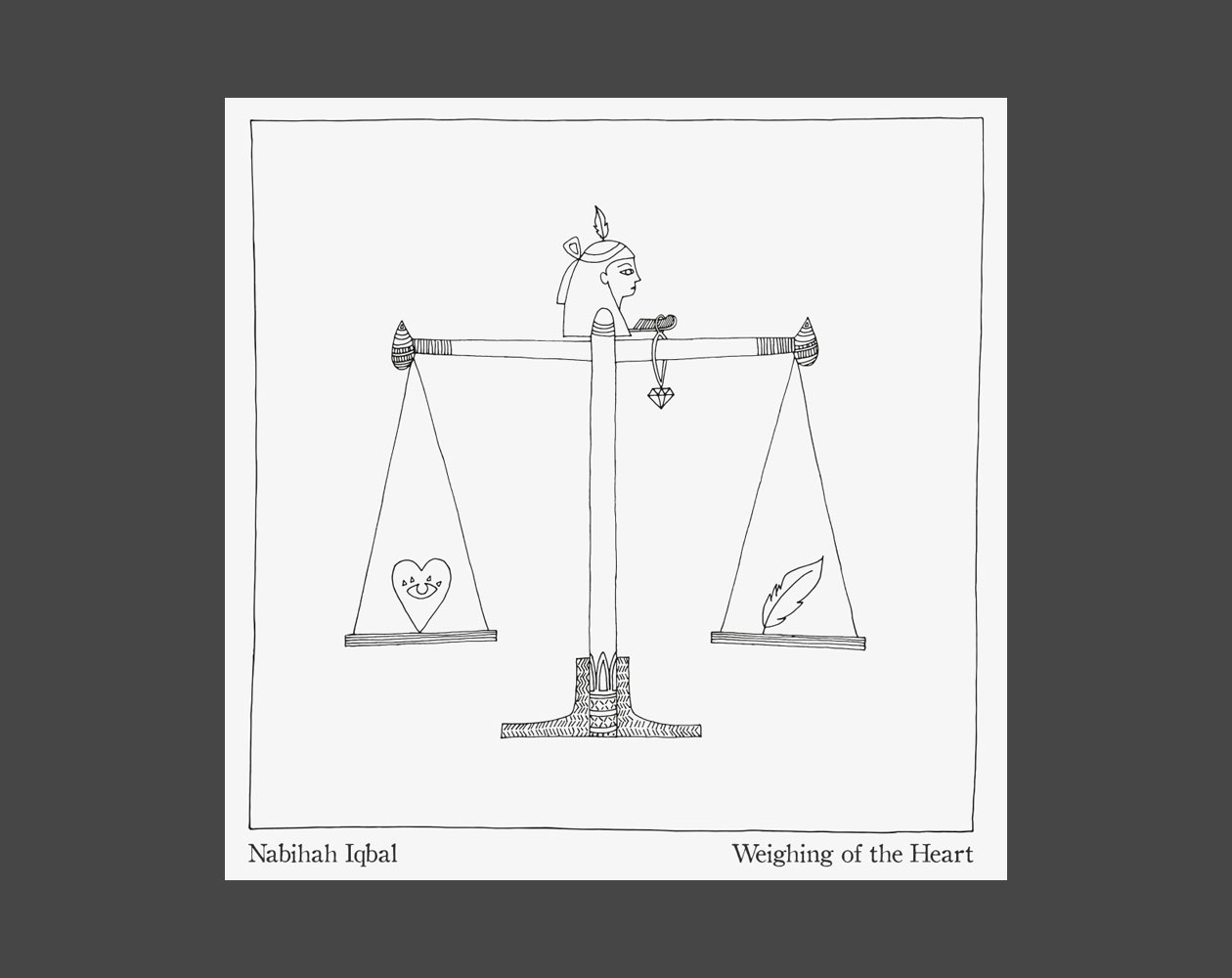
“As a producer, Nabihah Iqbal, formerly Throwing Shade, is known best for her glassy synth experiments in meta-pop, but her debut full-length gives the guitar a platform unused by many of her electronic contemporaries.” (FACT)
Matt Jencik, Weird Times

“Everything that’s going on right now seems like an alternate universe, something that cosmic horror writers often write about in their stories. I thought using the Lovecraft version of the word ‘weird’ actually fit current events more so than the current usage.” (The Out Door)
Zola Jesus, Okovi

“When my daughter was an infant, I used to rock her to sleep to Zola Jesus. The music did the trick; it was slow and pretty and soothing enough to work as lullaby music. (It also helped keep me from getting too bored. Rocking babies to sleep is really fucking boring.)” (Stereogum)
Jlin, Black Origami
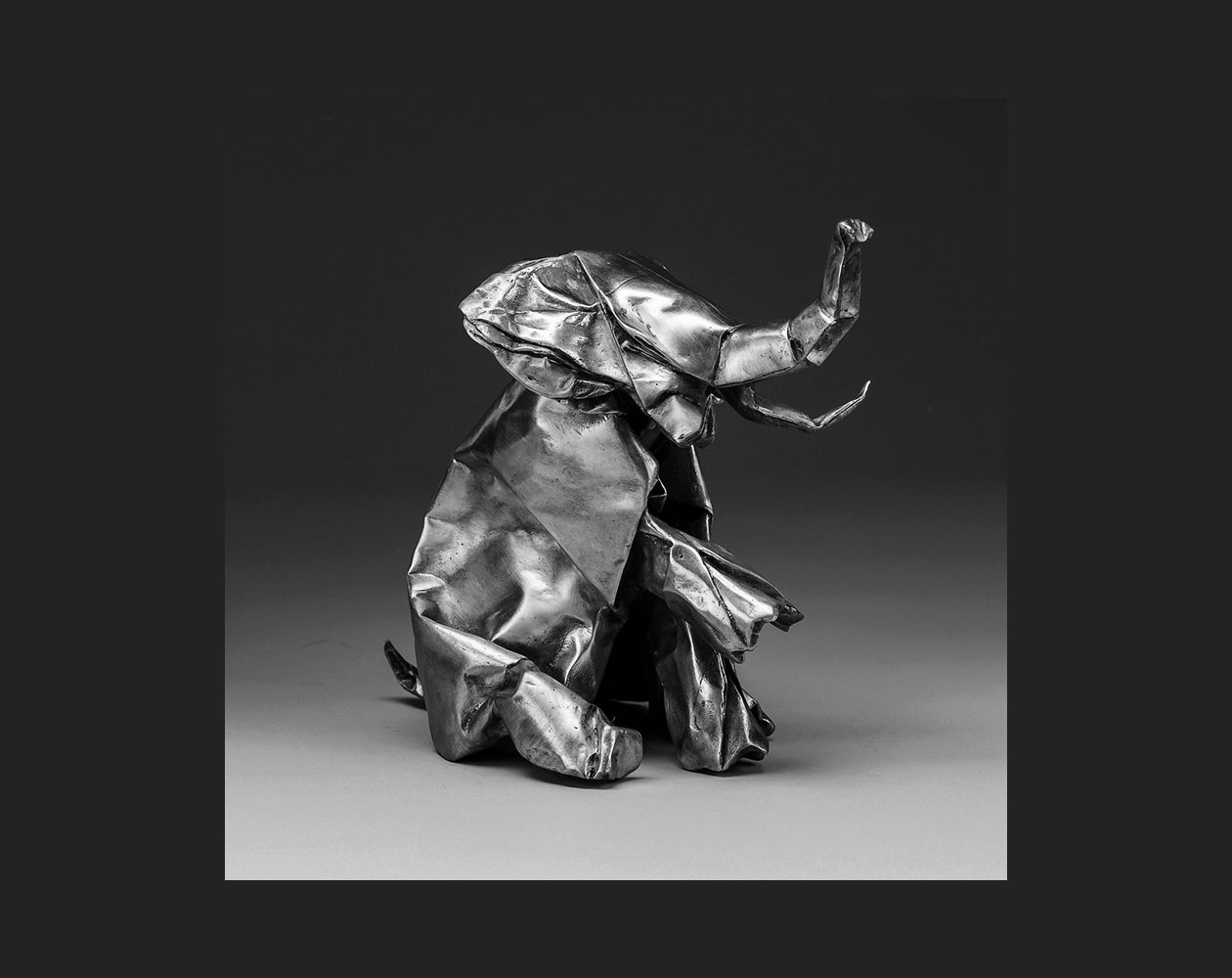
“A gorgeous and overwhelming piece of musical architecture, an epic treatise on where rhythm comes from and where it can go.” (Pitchfork)
King Krule, The OOZ

“I originally titled it Man Alive. But I was sifting through my stuff one day and I found a record that my uncle had made, a burned CD, and he had titled this whole album Man Alive. I didn’t want to rip him off, so I had to change the name, and the first thing that came to my head was The OOZ.” (NPR)
Sonja LaBianca, About Room, Room to Be, Rooms
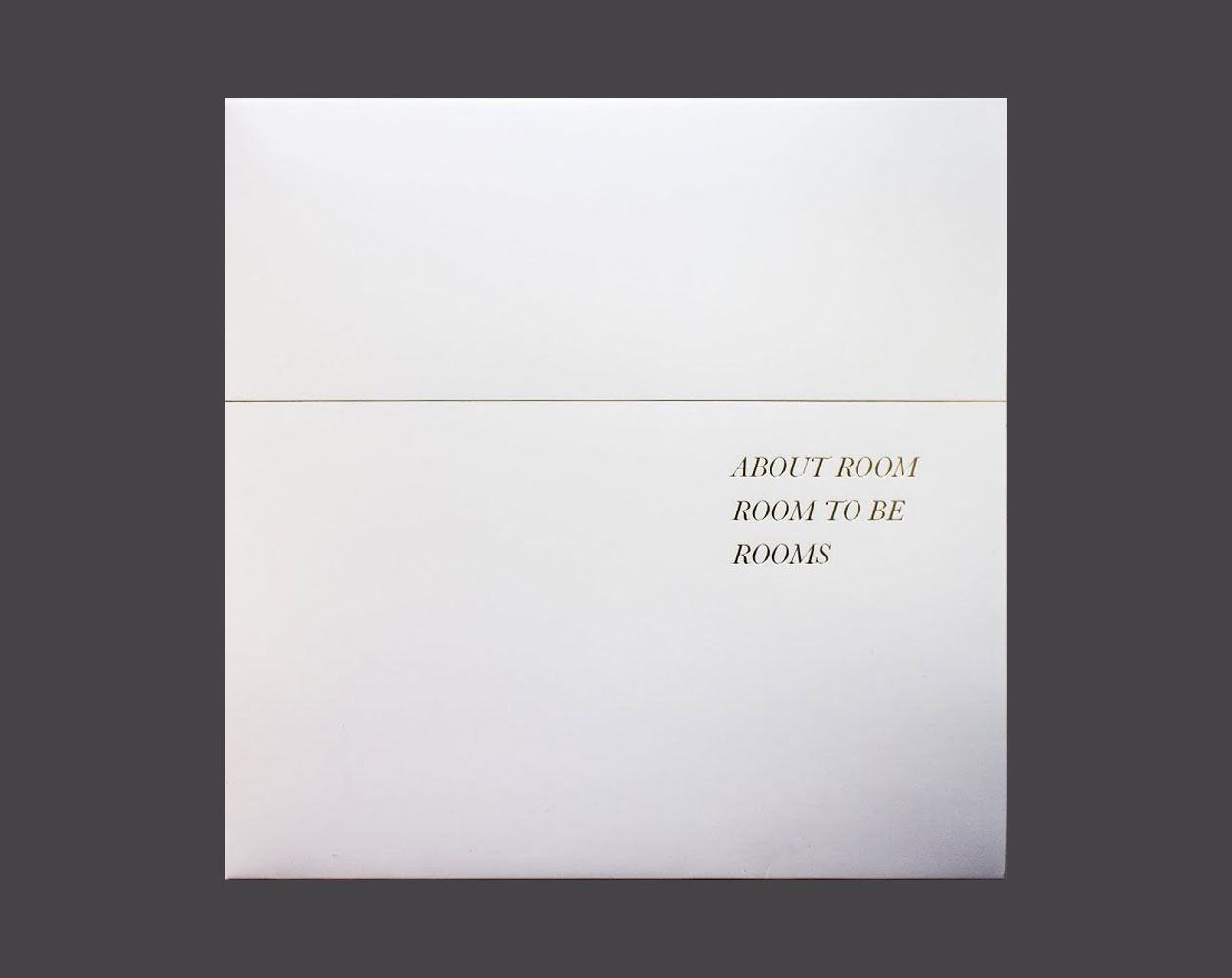
“The way in which the recordings are made means that you have not only recorded the output and the tones from the instrument, but also the sounds and reverberations that are created when the fingers are moved around the tone fonts on the saxophone.” (Undertoner)
Kendrick Lamar, DAMN.

“Kendrick is so alone at his altitude that when he acknowledges Fox News, let alone Donald Trump, it feels like a favor to them both.” (Pitchfork)
Kedr Livanskiy, Ariadna

“The fact that all the instrumentation sounds kind of cheap and processed, from the analog synths to the Ableton beats, is part of the charm that allows Kedrina’s heavenly voice to stand out even further.” (Clash Magazine)
Matthewdavid’s Mindflight, Ophiuchus

“It’s got muscle, but it’s never abrasive or aggressive; it’s like a blue whale, serene but still powerful enough to be inherently terrifying. It corresponds with your mindset. You can fall asleep to it if you’re in the right mood, but it also rewards full attention, and it’s great fun to map its twists and turns.” (Spectrum Culture)
Mount Kimbie, Love What Survives
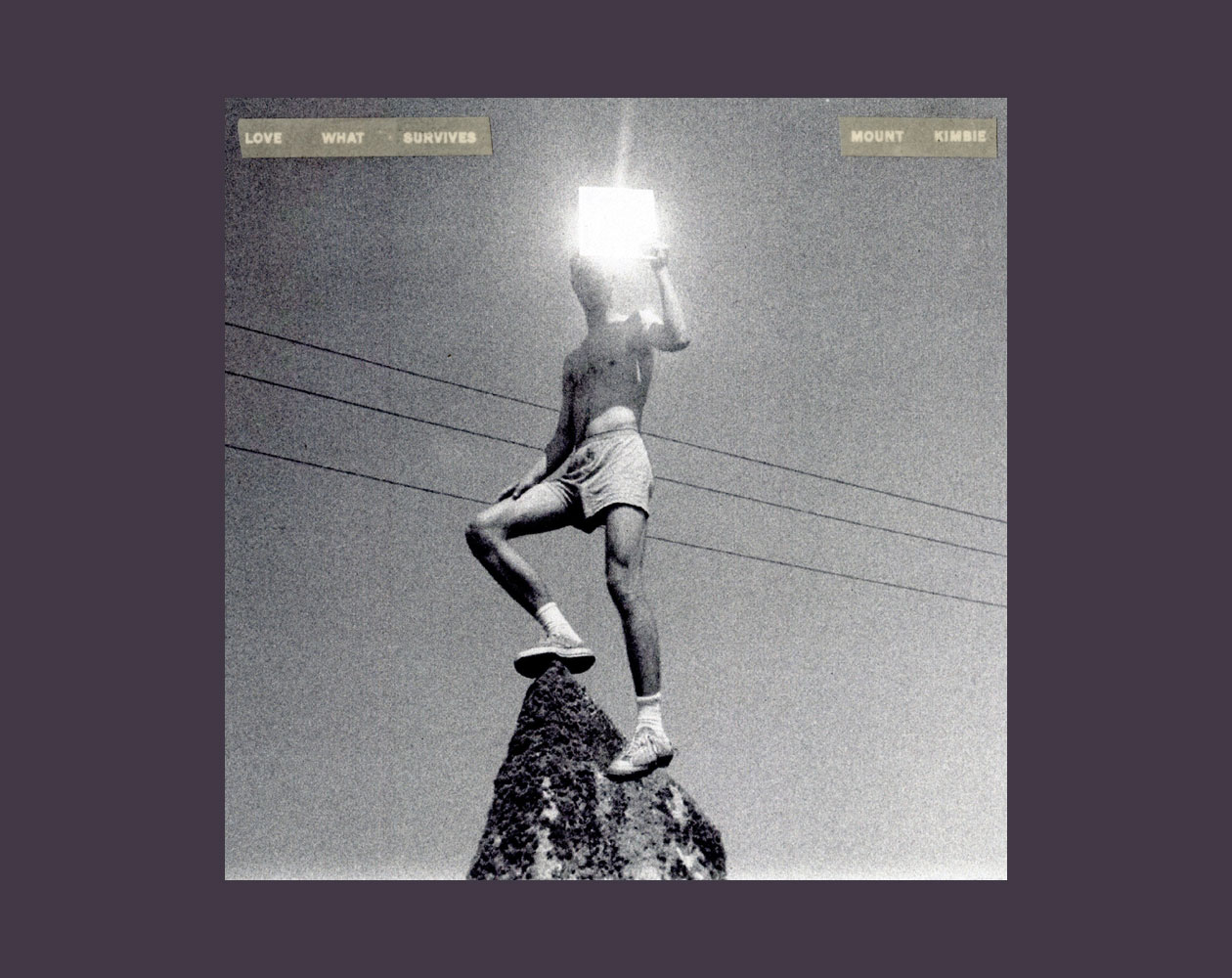
“‘I had this idea that the album could have the same drumbeat throughout the whole record, every single song,’ the group’s Kai Campos recently told Dazed. That didn’t wind up happening on Love What Survives, but the motorik is still a recurring presence and source of inspiration.” (Resident Advisor)
Carlos Niño, Going Home
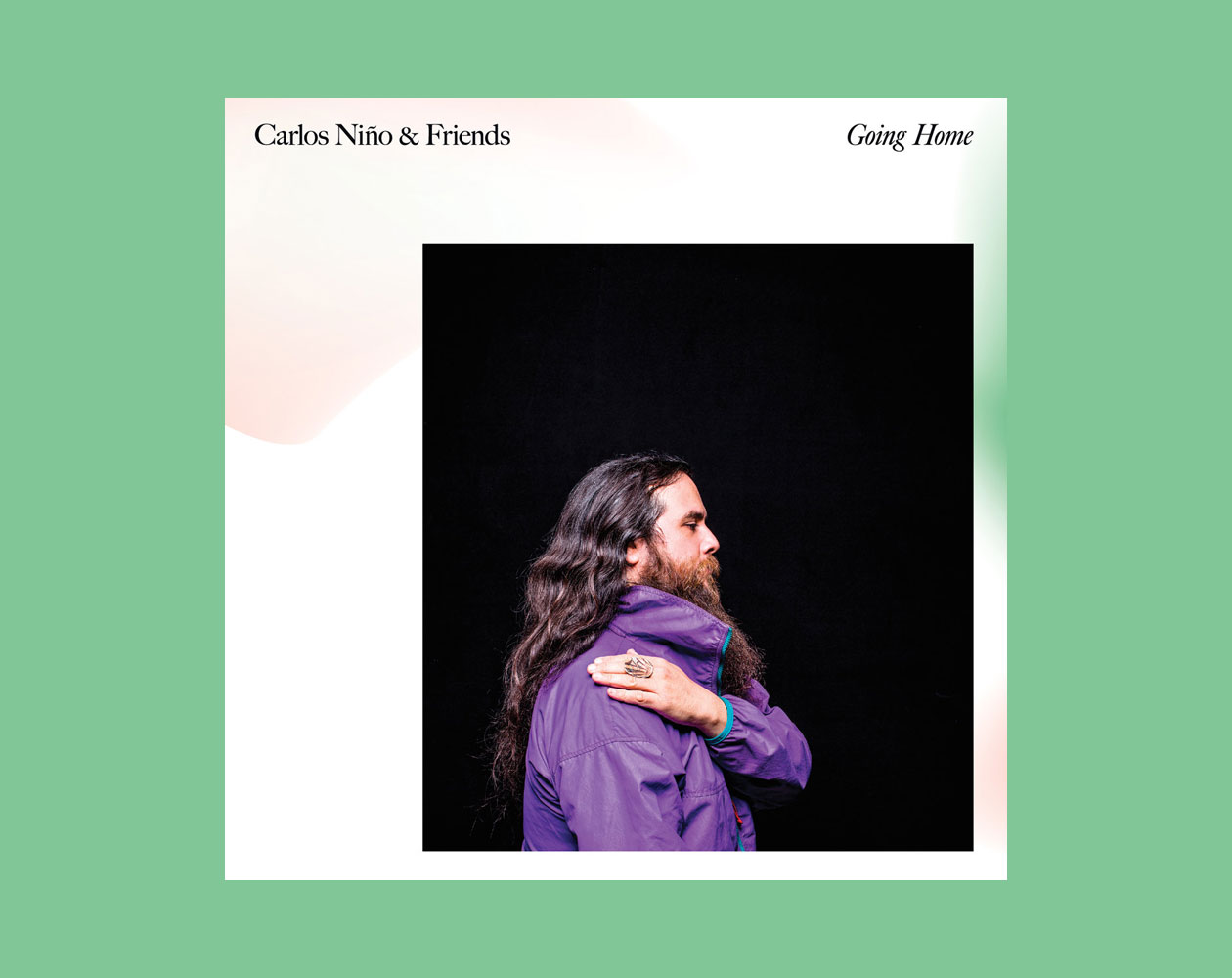
“The entrancing, otherworldly jazz of ‘OrganicSelf,’ is quietly captivating with its shimmering percussion and sweeping strings. ‘Garden of Bells’ is a deep dive into Sun Ra-esque spiritual deepness while the peaceful, floating ambience of ‘Perrsssspeshhhhiift’ and ‘Deep, Deep Breaths’ offer something more chilled.” (Twistedsoul)
Carlos Niño & Matthewdavid’s Mindflight, Springrain Flight

“I set up a room of Gongs, Cymbals, and Bells to perform an improvisation with Jamire and Chassol, and to Duet with Matthewdavid. Matthew was the Host and DJ, and had a couple of his synthesizers and pedals active and ready to play.” (Leaving Records)
Noveller, A Pink Sunset for No One
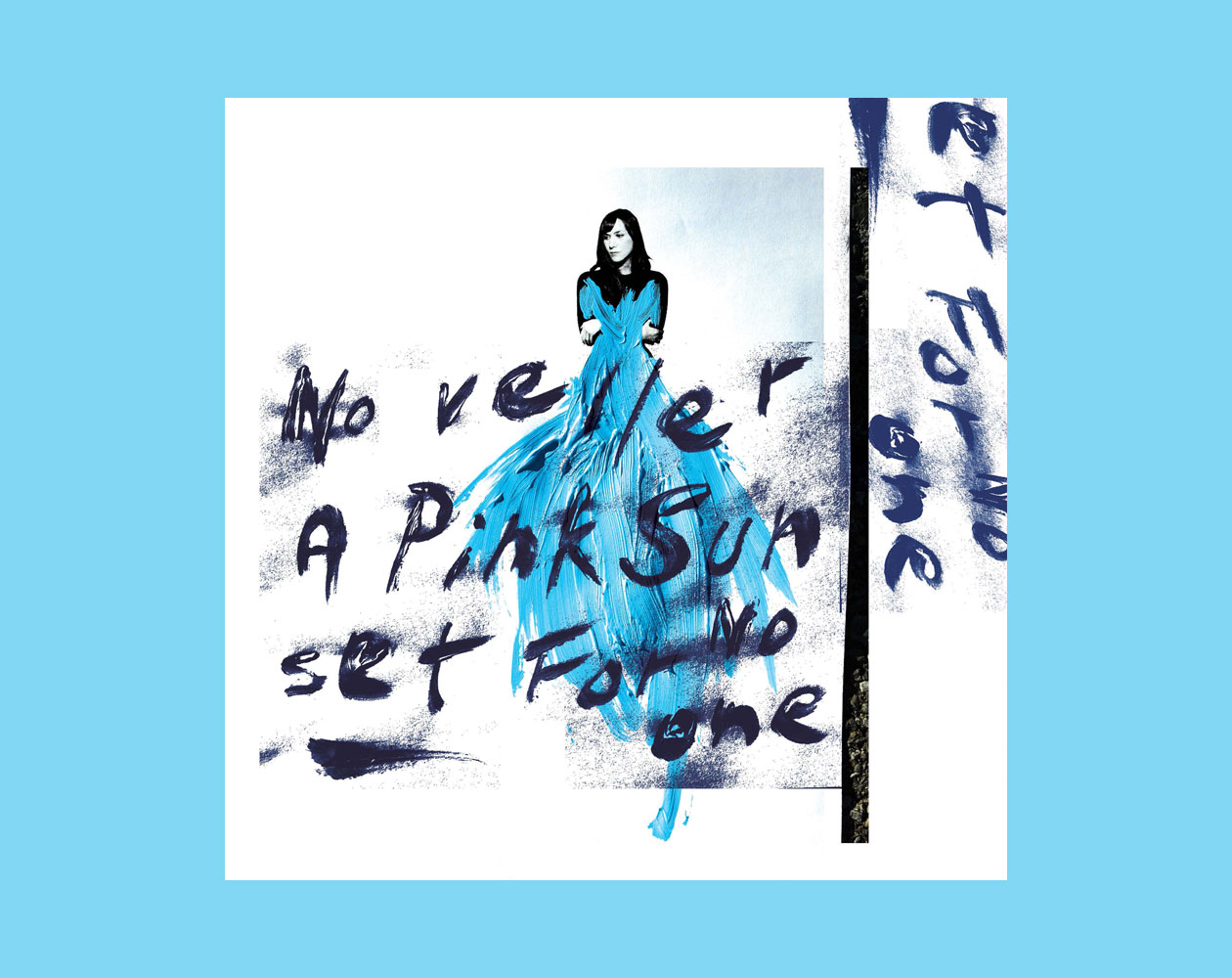
“There’s also a heightened sense of energy, Lipstate spending less time luxuriating in her guitar’s textures and more on developing big-picture structure.” (Pitchfork)
Novelty Daughter, Inertia

“The inconstancy of the song is apt for its subject matter—Inertia is a heartbreak album, and ‘U Want What I Want’ in particular tracks a relationship’s deterioration. There’s an elasticity to Harding’s voice, thanks to years of training as a jazz vocalist, which allows her to draw out, generously and emotively, the drama that transpires when two people who thought they were on the same side find out that they are, in fact, opposed at the core.” (NPR)
Mary Ocher, The West Against the People

“There’s so much more that you can do with the human voice, but there are still so many limitations that I wish that I could remove, and learn how to take it further.” (FACT)
Oddisee, The Iceberg

“‘Lifting Shadows,’ a song from that release where the Sudanese-American MC worries that the government might be tapping his phone, feels prescient in the light of recent actions by President Trump: ‘That’s what makes this country great, it’s built by those who bleed/It’s built by those who came on boats, it’s built by those who flee… So if you just try to chop us down you only hurt your knees.’” (Pitchfork)
Kelly Lee Owens, Kelly Lee Owens

“The album features the hallmarks of current dance-music culture—computer, synth and drum-machine textures (or their laptop plug-in variants), an omniscient club groove fueled by occasional bass blasts—yet sounds like the work of an old soul, filled with inner truths that people operating in music and technology often choose to bypass.” (NPR)
Parlor Walls, Opposites

“The album seems to burn down and rebuild itself throughout, sometimes even from song to song. ‘Love Again’ begins steadily yet restless, but by the chorus, foundations are collapsing, with Lamb’s now empowering vocals roaring through the wreckage. There is a lot of smoke, but it’s a phoenix rising from the ashes all the same.” (PopMatters)
Hayden Pedigo, Greetings From Amarillo
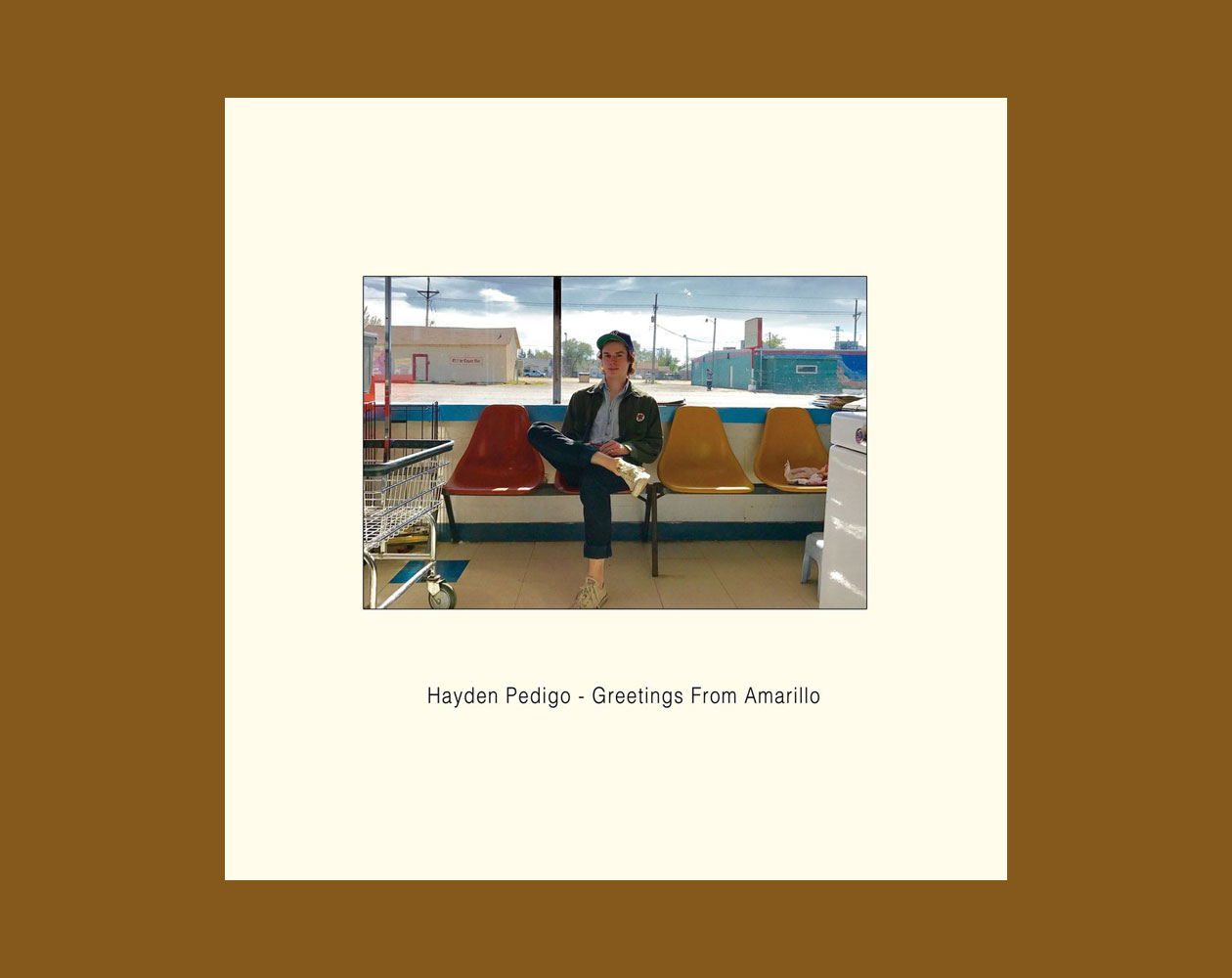
“Pedigo’s songs may roam across genre borders, but they’re unified by Amarillo’s city limits. On guitar or synthesizer, he inhabits the same space: a low-end rumble lays down flat dirt, a note’s long decay opens a big sky, a creeping texture hints at weirdness on the edges.” (Texas Monthly)
Perfume Genius, No Shape
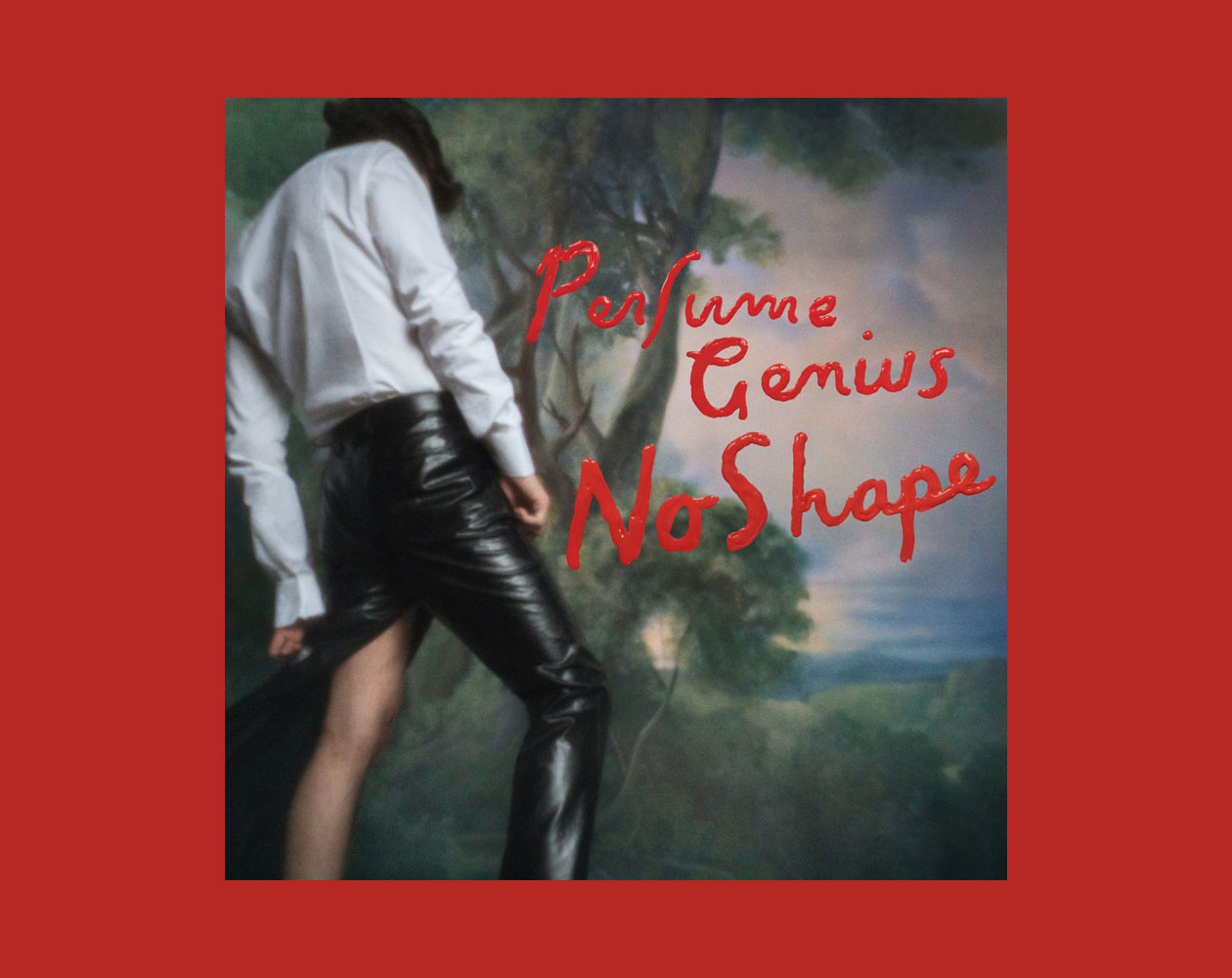
“The sonic symbolism of Hadreas breaking through into a new realm of creative freedom lands with ease, especially as the opening track transitions into ‘Slip Away’, the album’s euphoric first single and early song-of-the-year contender.” (Consequence of Sound)
Pinact, The Part That No One Knows

“Their finest moment here is ‘Separate Ways,’ a song that marries a monster bass riff to a stepped-on cat of a guitar sound, but it isn’t alone. There are earworms aplenty.” (The Skinny)
Hector Plimmer, Sunshine

“From the first note you can almost see the picture Plimmer is sonically trying to paint. Over a heavy kick drum, harmonized synths creep gently into the headway like early-morning rays through half open blinds.” (Stamp the Wax)
Dougie Poole, Wideass Highway
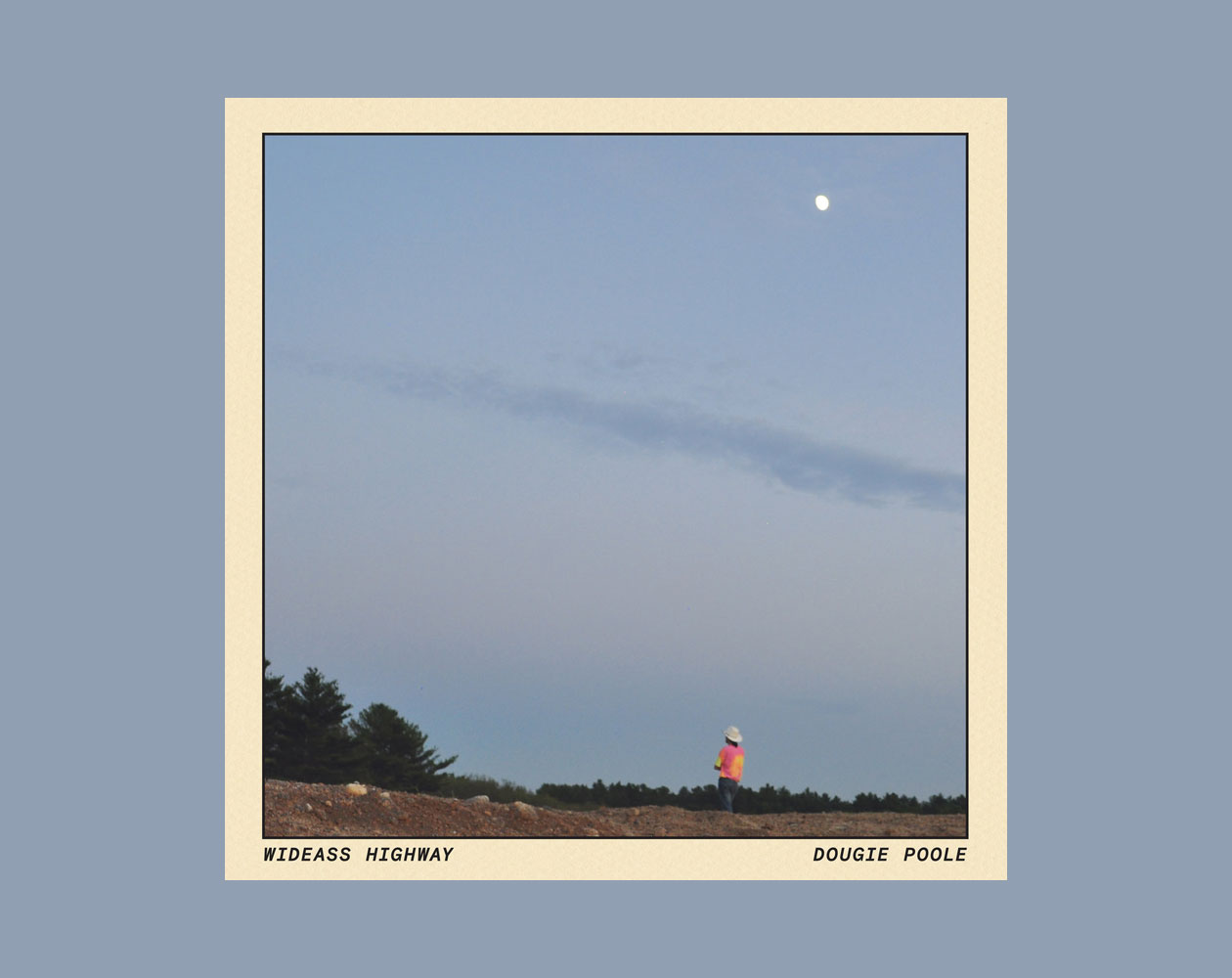
“Part of what was initially appealing to me about making country music was its earnestness and simplicity. But the more I work at it, the more it seems like there’s a lot of pretty heavy stuff to unpack.” (The FADER)
Ryan Power, They Sell Doomsday

“Ryan’s brand of genre-hopping and seamlessly executed bedroom prog-pop is perfect brain food for any record collecting obsessive with multifarious taste. Spanning an entire musical odyssey over the course of its 15 tracks, there is never a dull moment during its long running time, which is quite impressive.” (Post-Trash)
Tom Rogerson & Brian Eno, Finding Shore

“In a very Enoesque way, a chance meeting outside a toilet led to the producer training infrared beams on the pianist’s keys and improvising around signals created when the beams were broken.” (The Guardian)
Rone, Mirapolis

“The blissful puffs of an imaginary urban landscape are dotted with flashes of turbulence, depicting darkness and uncertainty. The rest of the painted picture remains mysterious and alien until the disorienting cycles of ups and downs draw to a close.” (A Closer Listen)
Sevendeaths, Remote Sympathy

“The most startling part is the quite ridiculous amount of emotion that he conjures from his sonic landscapes. They hit you deep, massive whomps of feeling, so vivid that they evoke crystal clear imagery within your head.” (Ransom Note)
Shabazz Palaces, Quazarz vs. The Jealous Machines
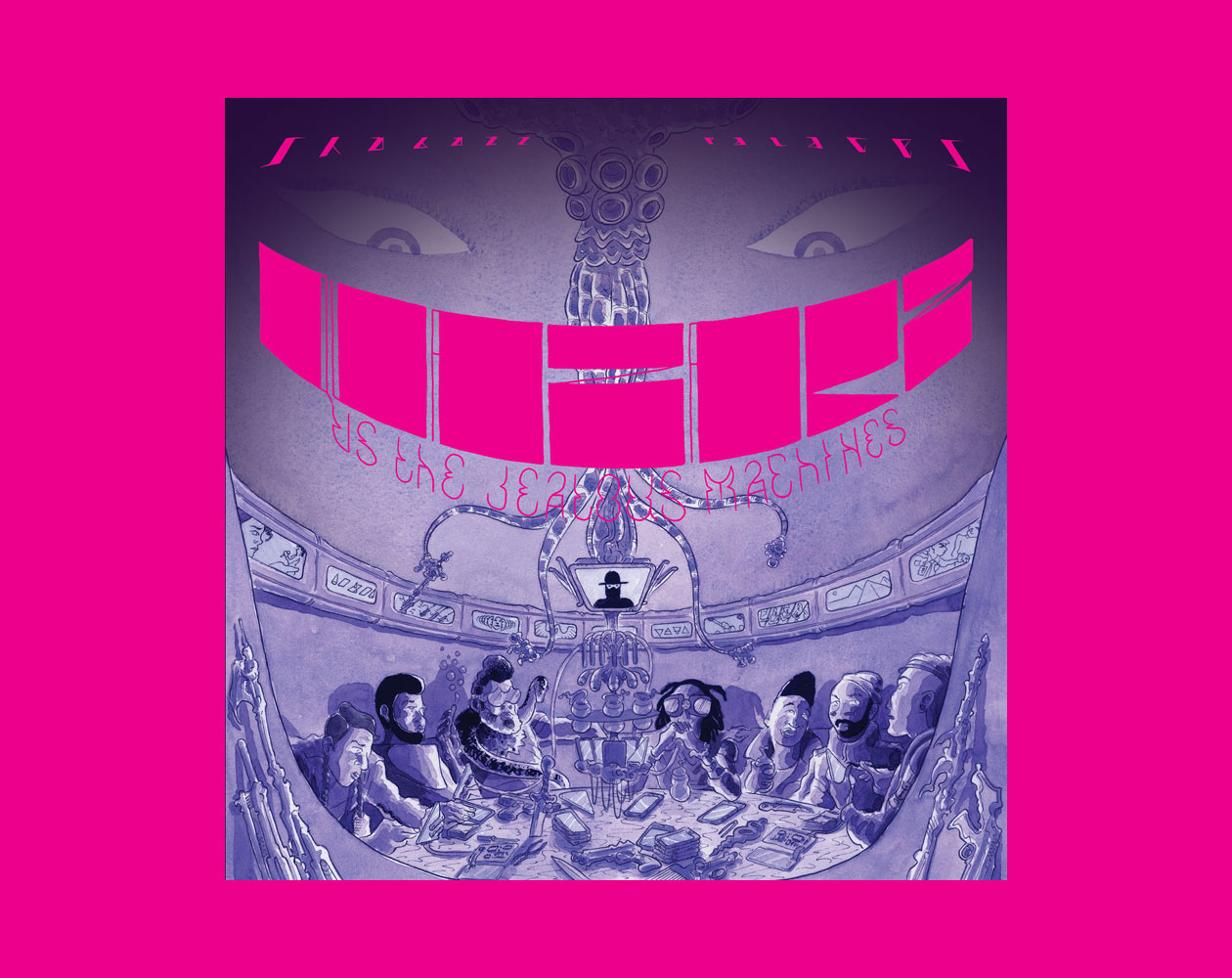
“Butler once admitted to NPR that when he’s writing and recording, he’s not wholly concerned with the specifics of his intention: A line will come to him, he’ll record it, and later, when he listens back, he’ll have no clue where it came from. Improvisation is crucial to their process; they capture impulse on record, and crucially, have the confidence to let that raw expression stand.” (Pitchfork)
The She’s, All Female Rock and Roll Quartet
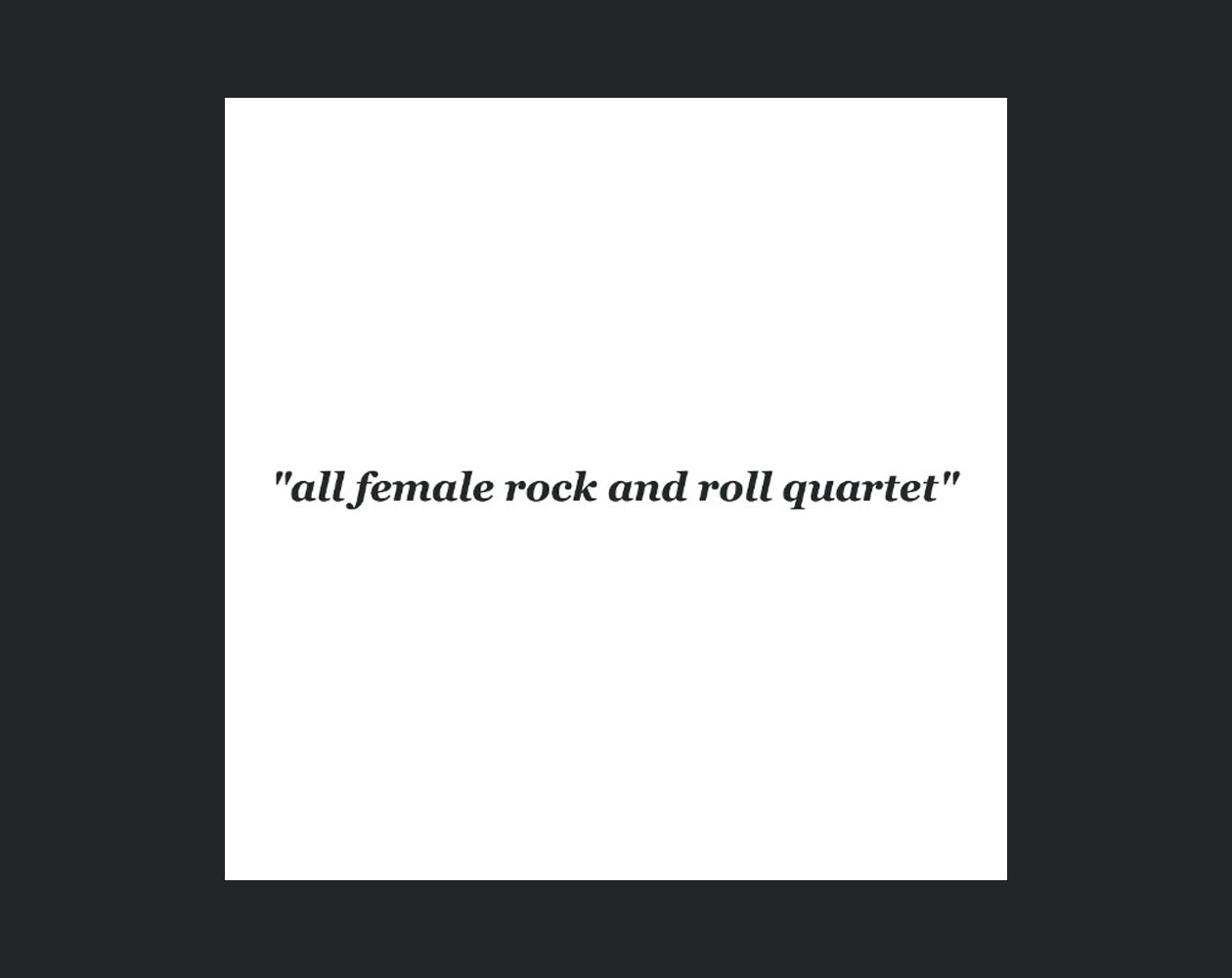
“Sharpening the razor’s edge between dream date and heartbreak-in-waiting are lyrics about regret and holding on to thin air in love’s absence, sung over punchy garage rock that progressively unravels into abstraction.” (NPR)
Valgeir Sigurðsson, Dissonance
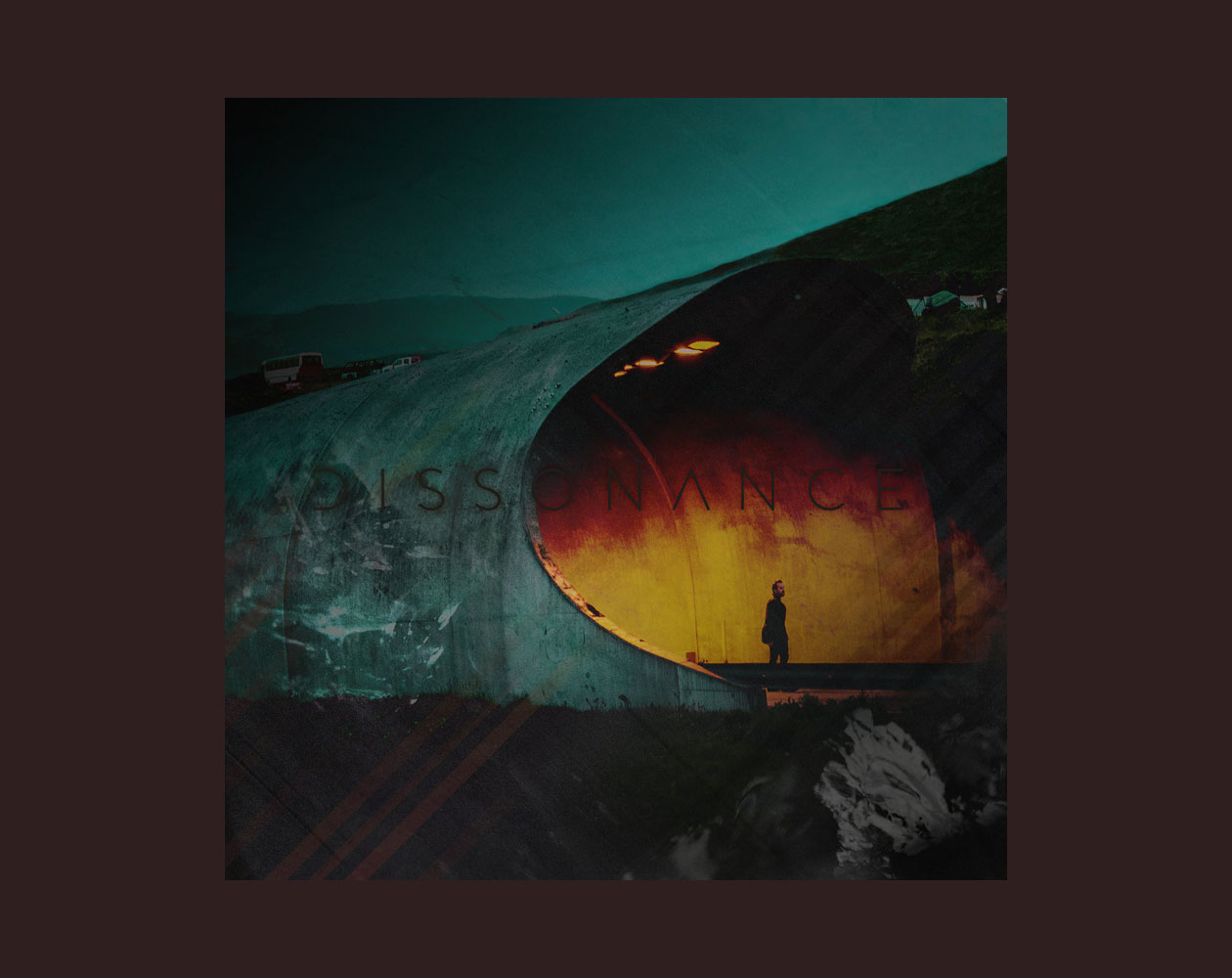
“Dissonance” feels particularly elastic and voluminous because it was arranged using the same-titled composition by Wolfgang Amadeus Mozart (String Quartet No. 19) known for its chromatic opening. ‘I took the bars and stretched the 40 seconds out to 23 minutes,’ explains Sigurðsson. ‘The movement is the same as Mozart envisioned, only much slower.’” (Headphone Commute)
Slowdive, Slowdive
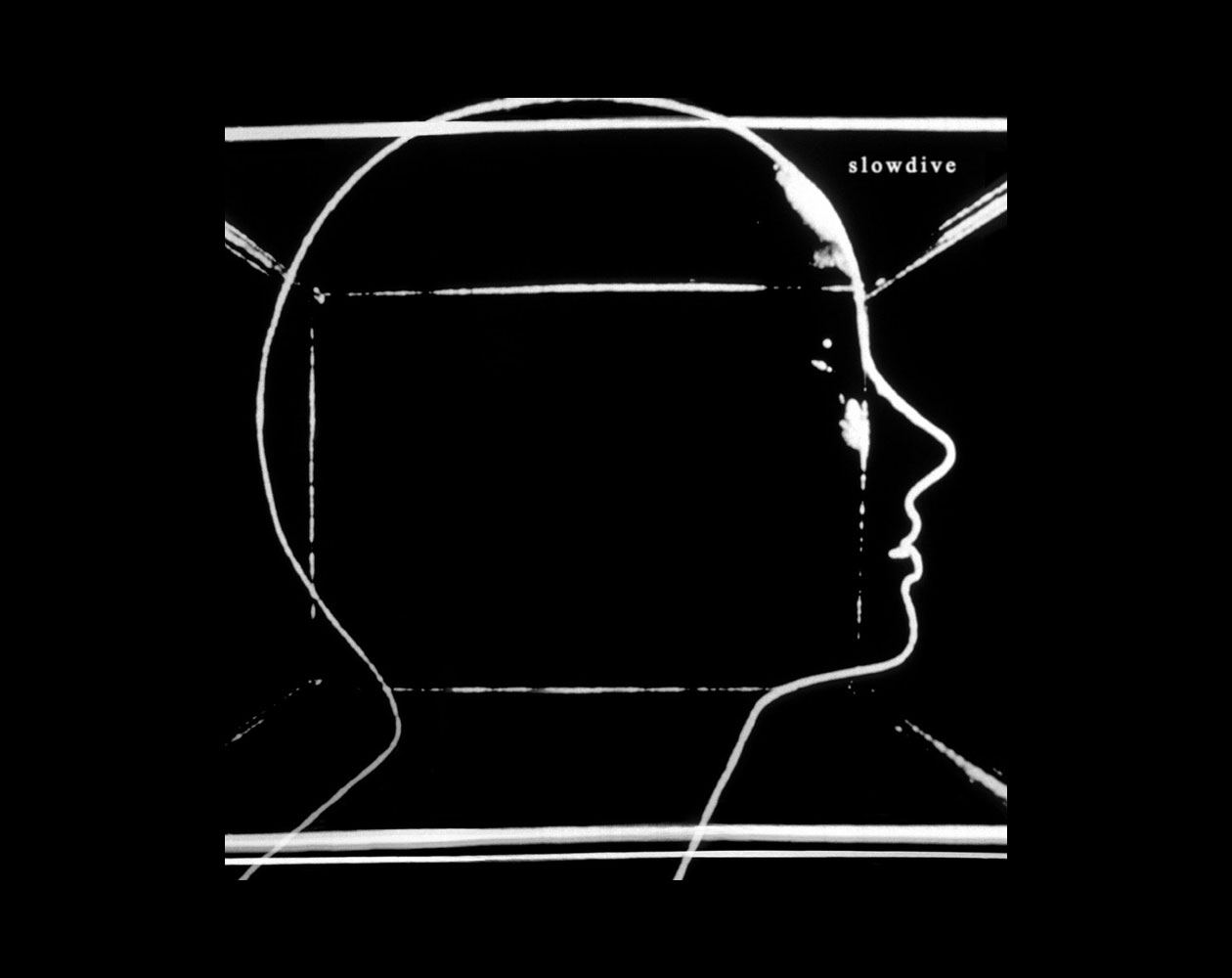
“It’s strange to call it a comeback album, because it seems so sure of itself. Instead, it feels like a completely logical next step in their discography. The record fits snugly inside the band’s canon, so much so that it makes the 22 years since Pygmalion all the more difficult to believe. The band have delivered a fresh dream-pop sound that is still uniquely Slowdive.” (Consequence of Sound)
Kaitlyn Aurelia Smith, The Kid

“While writing the album, Smith took inspiration from the work of British philosopher Alan Watts, whose lectures tend to emphasize the interconnectedness of all life. People might be isolated sensorily, but all of us come from, and return to, the earth. Smith seizes upon this concept with joy.” (Pitchfork)
Sneaks, It’s a Myth
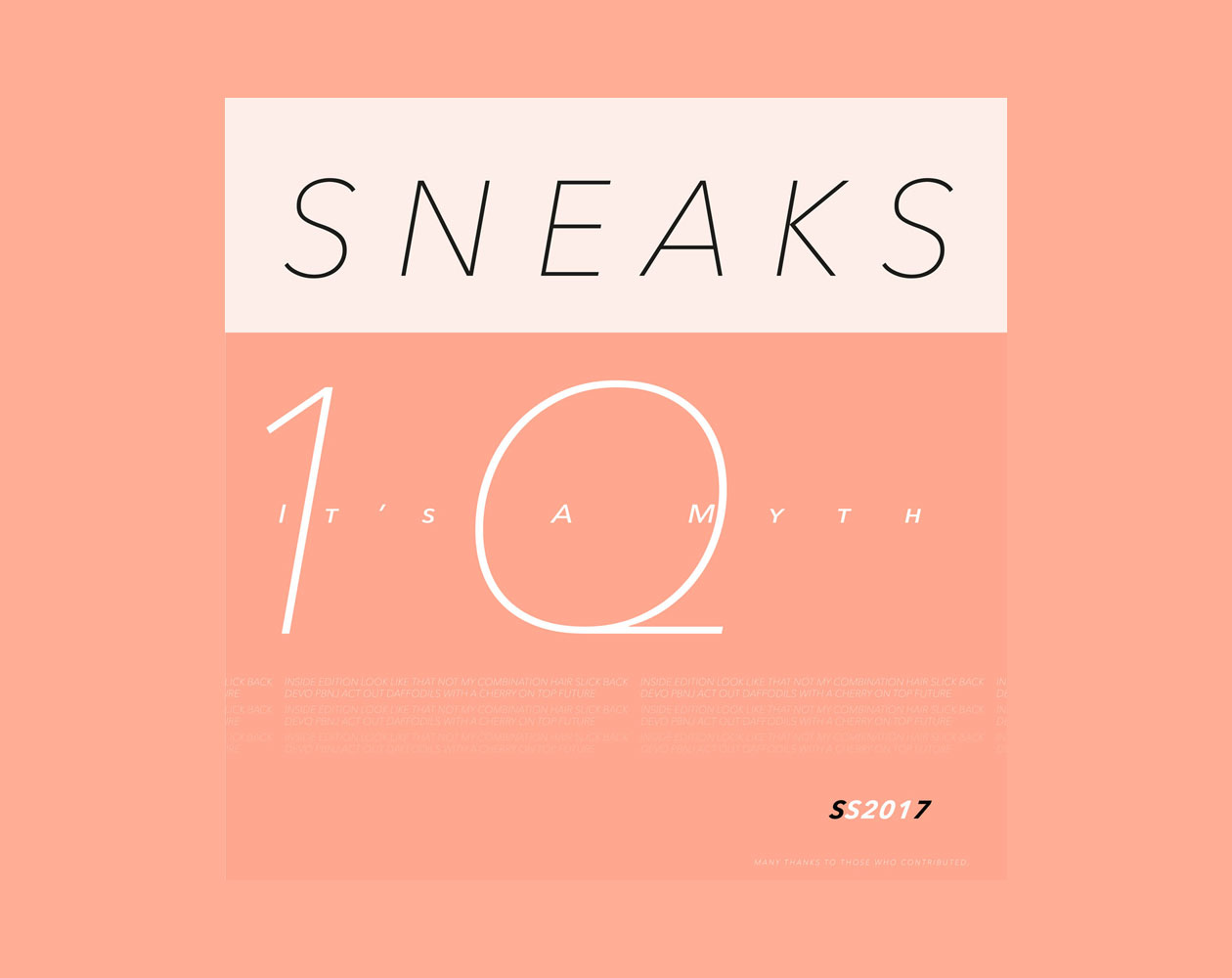
“Try and poke a hole in It’s a Myth, and Moolchan will poke ya back. It can’t be done. Not only does Sneaks survive the sophomore slump, she dances circles five circles round it without ever (EVER) skipping a beat.” (Drowned in Sound)
Moses Sumney, Aromanticism

“The world of an aromantic is a world of beauty, shadows, and wonder. More than ever before, Sumney wields his voice to let listeners into his mind. It’s a soulful voice dipping into the register of a whisper to turn intimacy into an option. Lyrically, he uses Aromanticism as a space to challenge the idea that finding a soulmate is the ultimate goal.” (Consequence of Sound)
Talaboman, The Night Land

“These actively lo-fidelity textures—deep drones, feedback, and distortion, elongated lines that begin to take on the function of solos—appearing in musical spaces not known for hosting them, are a central part of The Night Land’s overall fabric.” (NPR)
Teen Daze, Themes for Dying Earth
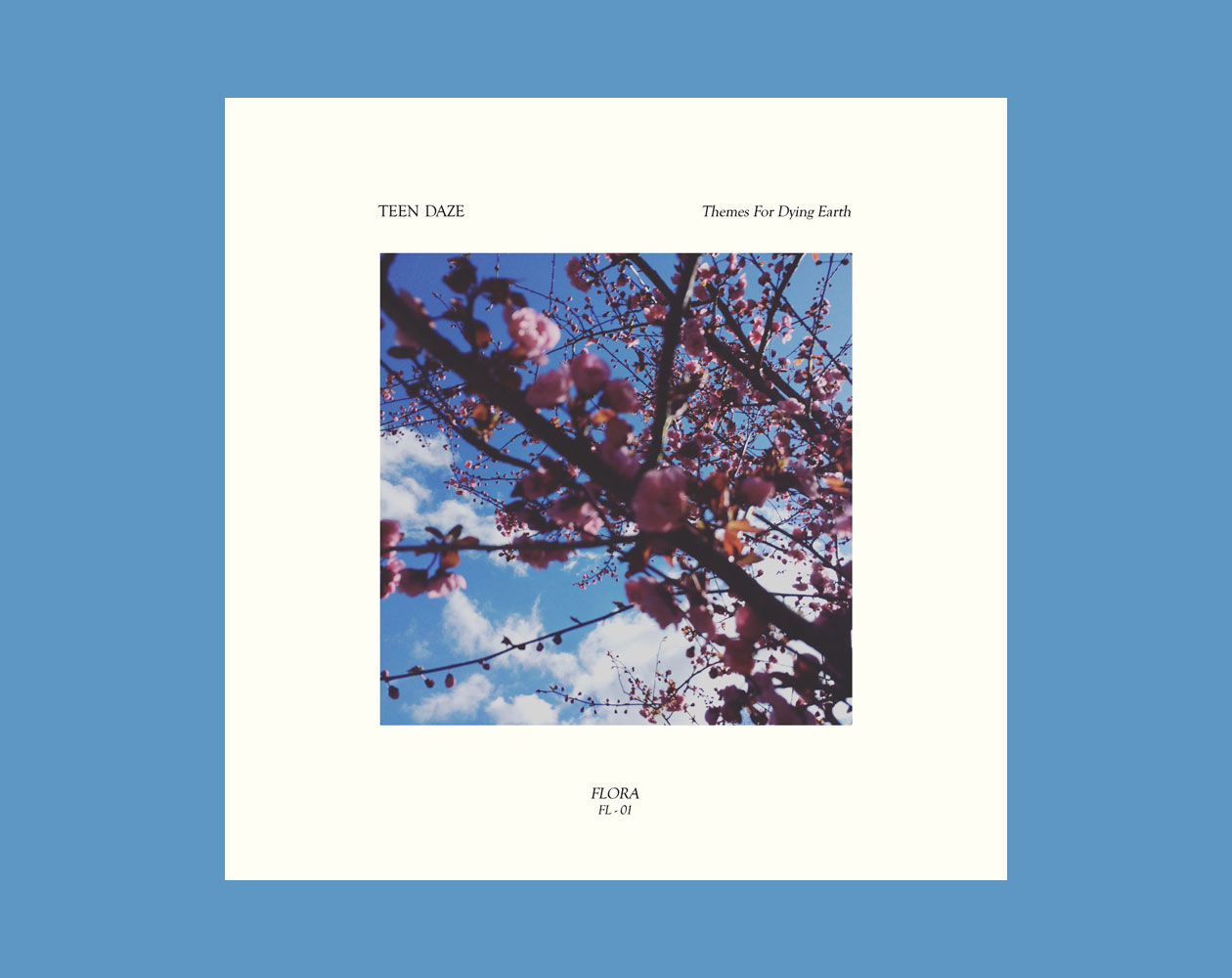
“Despite its title, Themes for Dying Earth is not a glum record fixated on any number of cataclysms we seem to be facing as fragile individuals on a fragile planet. If anything, it’s a gently uplifting paean to the promise of renewal, regrowth, and reclamation, even in the worst of times.” (NPR)
Turtlenecked, Vulture

“I can confidently state I won’t hear anything else even remotely like Vulture this year, and to be honest that probably goes for every other year as well as this is an idiosyncratic and original blend of indie cool and angular post-punk.” (The Punk Site)
UNKNOWN ME, Subtropics
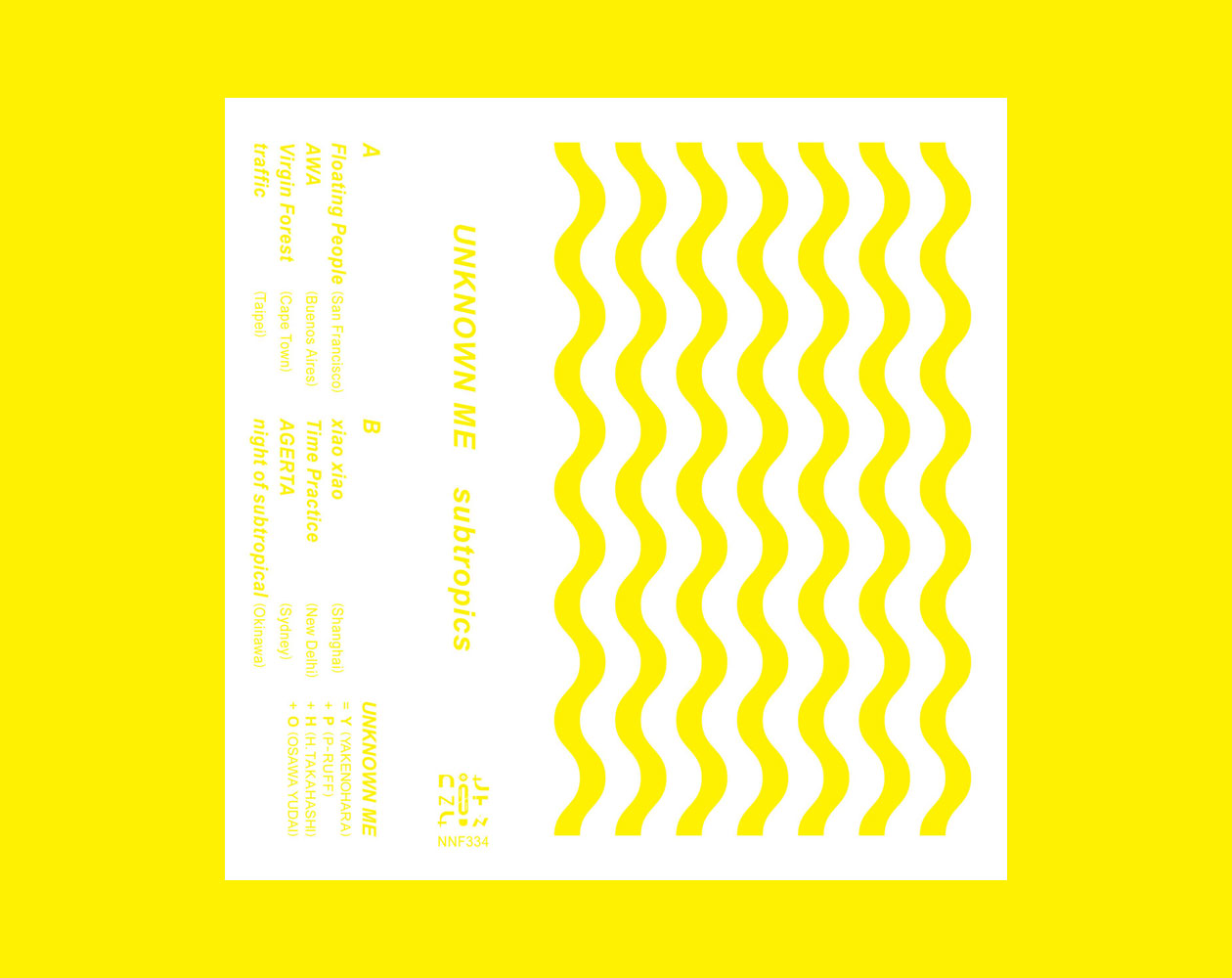
“Occasionally during Subtropics, I caught myself looking up pictures of the places the songs were named for, a modern benefit to the exotica listener that’s actually pretty pointless.” (FACT)
Visible Cloaks, Reassemblage

“Visible Cloaks scrutinize the once-novel digital sounds that now riddle modern pop and envelop us in our everyday lives. Just don’t call Visible Cloaks ‘vaporwave’—if anything, Reassemblage is the antithesis of that trend. While on the surface there is a shared obsession with the cleanliness of early digital music and the Japanese pop culture that helped usher it in the early ‘80s, what Doran and Carlile do with the raw material stands apart.” (Pitchfork)
Justin Walter, Unseen Forces
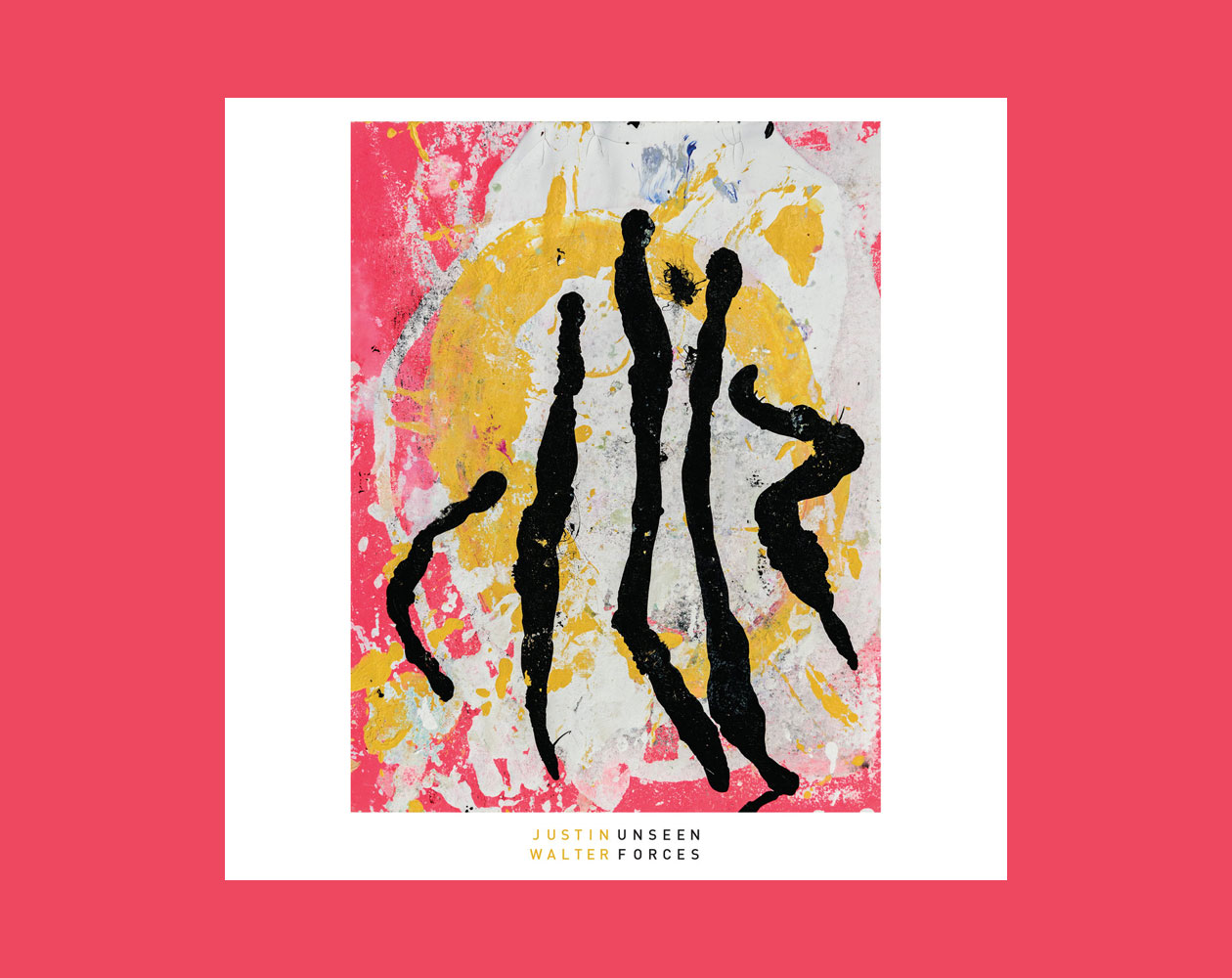
“Michigan-based trumpeter Justin Walter has unveiled his new album Unseen Forces, a full-length exploration of the EVI, a unique and rare wind-controlled analog synth. Somewhere between a clarinet and a synthesizer, the Electronic Valve Instrument is the primary tool for Walter’s improvized soundscapes and sampled manipulations, a process he describes as ‘exploring melody through intuition.’” (FACT)
The xx, I See You

“They’re no longer singing past each other, but singing out, like ’80s dancefloor belters. In the past, their lyrics were always inside their heads, wishing, observing, never doing; on I See You, they dare and scream and test.” (Pitchfork)


